Sairina Tarwar Manor
Sairina Tarwar Manor is the new name for Vesten Manor, once held by Herbert Vesten. Now it is held by Eykit, Taid, and Almë.
It consists of a manor house, several fields, an orchard, a woodlot, and a section of undisturbed jungle, which the manor house is built near. There are several outbuildings, mostly sheds, barns, and housing for the farmhands. In the basement of the manor is a very well equipped alchemy lab, currently in use by Ekain Julen, who is contracted to rent and use the lab and its equipment.
The basement has a top of the line alchemy lab, and the FrankenLab is actually a top of the line surgical center, with the tools, equipment, and books to become a great medical clinic (just don’t go from examining corpses in the morgue section to surgery without proper cleaning). It might also be best to put a couple of walls up between the two sections, just to keep those dangerous, too-tiny-to-see creatures that the Elves insist exist in their place.
Will need to figure out the labor costs per average worker, the overhead, and the approximate amount of revenue for each field. To keep this from becoming the “Estate Accounting RPG”, it will be abstracted (see CoL, above).
Cook: Average, $800/month. CoL: $600/$450 with discount (net 200/350)
Butler/Seneschal: Comfortable, $1600/month. CoL: $1200/$900 (net 400/700)
Maid: Struggling, $400/month (x2). CoL: $300 (x2)/$225 (x2) (net 200/350)
Security Guards: Average, $800/month (x6). CoL: $600 (x6)/$450 (x6) (1200/2100)
Groundskeeper: Average: $800/month, although an Assistant Groundskeeper would be Struggling at $400/month. CoL: $600, $300/$450, $225 (net 200/350 or 100/175)
Stablehand: Struggling, $400/month. CoL: $300/$225 (net 100/175)
The CoL is what they pay back to the Manor for food and board. Although smart Manors reduce this a bit (basically feeding them for free) to encourage loyalty, Reputation, and ability to easily hire more servants. (Food cost is basically a quarter of the CoL). It will also affect the servants’ demeanor and job satisfaction. Effectively being paid higher than market rates makes them happier.
Net: That’s $350/month for the Cook, $700 for the Butler, $350 for the two maids, $2100 for the 6 guards, $350 for the groundskeeper, $175 for the stablehand. That’s $4025 in labor costs each month. Just for the manor itself. Doesn’t include farmhands.
Being stingy, it would only be $2300 per month. This will also affect Reputation. In other words, you get what you pay for. Low skill levels, low motivation, bad reputation. Subpar pay, subpar employees.
Offering more (enough to bump up "Struggling" to "Average" or "Average" to "Comfortable" will net you higher skill levels (and/or more skills) for the employee. As a rough guide, employees will have 11-12 in their skill for their profession, +1 to +3 to skill if paid a level higher. +3 to +5 if you pay them 2 levels higher. This is most effective for the guards and the Butler/Seneschal. Competence requires money.
The seneschal is the Manor Overseer, accountant, HR guy, and your first line of defense against employee complaints and requests. Having him be competent is important, as it directly influences Manor operations and incomes. Basically, the higher his skills, the better the Manor does each harvest.
The guards are both your guards and your police forces. They are the ones who will be protecting both your employees and your property from whatever assaults it, be it bandit, peasant rabble, monster, or herd of trihorn trying to eat your grain. The Rural Watch will often not be able to respond for a while, so these guys are it. It is these guys who defuse arguments between your farm hands. You may want to vet these guys carefully to make sure they don’t abuse their power (you know, like police). Or not.
Note that you will be equipping each of your fields (well, the space between them, actually) with two things: a long signal flag, usually a bright red color on a long, whippy bamboo pole, and a basket with a couple of torches with 6’ long handles. These are Rural Watch signal devices. They are waved (flag during the day, torch at night) to catch the attention of the Rural Watch. The lengths (and the resulting visual pattern of the arcs) let the Rural Watch know it’s a legitimate signal, not just a yahoo waving a torch around. This is relatively cheap at $50 per field, usually lasting a few seasons, depending upon circumstances.
Also note: You perform a small Commendation Ceremony with your employees, where they swear “fealty” to you, and you to them. Remember that it’s a two-way street. They owe you their labor, you owe them protection, job security, and a decent life. If you can gain their loyalty in the process, that’s generally a good thing. Unhappy residents will want to leave, or will get poached by neighbors. And while you can generally prevent them from leaving, that leaves you with disgruntled employees that might start slacking off or even outright sabotaging things.
A person requires 2 acres to be fed well, with some extra for the market/taxation. The estate has 0.8 square miles (a shade over 2 square kilometers) for growing food.
500 acres total
236 are farmed fields (currently fallow, and have been for the last four years. Broken up into fields of 28 acres, 15 acres, 50 acres, 48 acres, 30 acres, 35 acres, and 30 acres.)
50 are a derelict peach orchard
30 are a woodlot, about a third of which is coppiced
100 are native jungle wilderness
84 are hedgerows and dirt paths
You will need to hire/acquire farmhands to work the fields.
Each farmer can work 6 acres. So, 48+ farmers (call it 50 for ease of math). Tenant Farmer: Struggling, $400/month (x41). Free Farmer/Farm Supervisor: Average, $800/month, 1 per field (9). Total: $23600/month (but see below).
Field 1 (28 acres): 5 farmers
Field 2 (15 acres): 3 farmers
Field 3 (50 acres): 9 farmers (soon to be planted with wheat)
Field 4 (48 acres): 8 farmers (soon to be planted with barley)
Field 5 (30 acres): 5 farmers
Field 6 (35 acres): 6 farmers
Field 7 (30 acres): 5 farmers
Field 8 (woodlot, 30 acres): 5 farmers
Field 9 (peach orchard, 50 acres): 9 farmers
55 total farmers, assuming they never get sick. 50 farmers could do it in a pinch; but they are overworked and can’t keep it up for more than a couple of months.
Historically, in medieval times, the peasants weren’t paid in cash; some of their work was on “their” lands, for their food source purposes. So they would work for their lord 2-3 days a week, the rest of the time they would work the lands reserved for them. What this means is that much of their Cost of Living (in this case, food and lodging) would be basically provided for. You wouldn’t need to pay for $300 of the Tenant Farmers' wages, or $600 of the Supers' wages, as they got that by living on the Manor and farming their own little plots of land for their families. Your net out of pocket would have then been $4100 for all 41 Tenant Farmers, and $1800 for the 9 Supers. Total would have been $5900/month in labor costs. But….
The Empire does things a bit differently, at least in the Port Karn area. Things are more mercantile, and PKAC makes the farming in the area around the city a bit more socialized, because with an overview of the needs of the city and surroundings, they can make things more efficient. So instead of thousands of little plots of land, the fields have been combined into larger plots with gangs of field hands working them, coordinated from a higher level. There is less uncertainty about the markets that way, more coordination of PKAC’s magical resources, and more profit for everybody. So farmers get paid in coin, and can take that coin to buy the food they want, rather than have every family growing their own food. Better specialization, more variety in their diet, more overall happiness. At least, that’s the plan.
PKAC acts like a Farming Banker. They loan money out to pay for farmer’s wages, and when the harvest comes in, they get their money first, and anything left over (if there is anything) is “profit” for the Manor.
A growing season is 5 Velyri months long (10 months in a year). In the Port Karn area, there are two growing seasons, a warm “dry” season and a colder “wetter” season. PKAC loans are seasonal; Manors get money at the beginning of the season, and are paid back after the harvest. The two harvest months are “Harvest” for the hot dry season, and “Warmthope” for the cooler, wetter season. A PKAC loan would then be $118000 per season ($23600 x 5 months), enough to pay for the labor (they assume you kept back enough seed to replant). But PKAC isn’t willing to give you that much credit yet. They will lend you money for seed, but you have to demonstrate that you can be a growing business before they’ll lend you more.
And while they can lend you a season’s worth of labor costs, it’s not always good to keep up that habit. A bad year will ruin you. And there will be bad years. Bad weather, bugs, birds, frost, heat waves, bad luck, fungal plagues, magical shenanigans. About 1 season in 5 will be a bad harvest, so plan accordingly. If you can get by without borrowing, do it. PKAC has it set up so that if some farmers have bad years, there is enough redundancy to not throw the Port Karn area into famine. That doesn’t really help the farmer who is down on their luck, but at least there is enough food to go around.
It’s also possible that you might get some help from your neighbors if you have a bad year. They might send some workers to help when you need it, or donate some food or seed. But that will require you to have good relations with them. They will only help you if you are part of their community. Part of that is helping them when they need it (and good diplomatic relations with them in general…friendly neighbors and all).
You will need to coordinate with PKAC for a list of suggested crops, and to arrange for plant magics to help (if desired). PKAC tends to not want a farm to only grow one crop; variety is better, since if a single crop fails, it doesn’t bankrupt the farm. So as long as there is one field of a crop, that’s enough, although having two fields of the same crop would be okay too, as long as they are separated from each other to help prevent cross contamination in the case of disease or pests).
Preferred Crops for the drier season (Emerging, Latespring, Warmbreeze, Heatdaze, Harvest) (in order of preference)
Wheat (starches)
Taro (starches; perennial, so this field stays taro until it's all pulled out)
Rye (starches)
Barley (starches)
Oats (starches)
Flax (seeds, linen)
Yams (starches)
Beans (protein)
Squash (veg)
Hemp (fibers)
Preferred Crops for the wet season (Leafturn, Colding, Darksun, Icewind, Warmthope)
Taro (starch; perennial)
Spinach (veg)
Mint (veg)
Cabbage (veg)
Arugula (veg)
Celery (veg)
Watercress (veg)
Cauliflower (veg)
Garden Pea (veg)
The estate has seven fallow fields. Assign one of the crops to each one. Leave one fallow each half year (1 growing season), rotating it around. Plant one with either beans or clover, and rotate that one around. According to Elven lore, this will keep the land productive for a longer time without having to resort to costly fertilizers. This amounts to hundreds of wagonloads of manure, which can be purchased at a cost of $600/acre to be fertilized. Fallow lands can be used for grazing livestock (neighboring estates that wish to graze livestock on those lands will have to pay a rent for the season. About $200/acre for the season; this may seem low, but the pastured animals are also paying in fertilizer). Because of the climate, crops can be grown all year round; although water-tolerant crops need to be grown in the winter/wet season. As all the fields have been fallow, you don’t need to leave any fallow or with cover crops this year, and fertilizer won’t be necessary.
They also would appreciate getting the peach orchard under control; neighbor was allowed to harvest what they could glean, but they weren’t authorized to farm it. PKAC can bend the property rules a bit, but not break them, and having workers tend the land would be trespassing. But they overlooked gleaning.
The buildings on the northern side of the land will require a total of $4300 (and two eightdays) to renovate and make habitable.
The cluster of buildings on the south side will require $13500 (and four eightdays) to bring up to habitable levels.
Depending on how they want to handle it, they could start with just a field or two, and the manpower to run that, and build up from there. That way, they could fix up buildings as they need them, instead of all at once. Same goes for hiring workers.
Yields: 8-12 (x3) bushels of grain per acre (due to Essential Earth tripling yields, at least for a while). 2-4 bushels of seed will be needed for replanting the following year.
Example Prices:
Barley: $7.33/bushel (a bushel is about 48lbs, 8 dry gallons)
Oats: $5.50/bushel (32lbs/bushel)
Wheat: $12.50/bushel (60lbs/bushel)
Peaches: $10/bushel (100-140 peaches per bushel) ($12000-18000/year) (might also want to think about peach liqueur and peach brandy, and dehydrated peach slices for traveller’s rations)
Pomegranites: $540/bushel (90 per bushel)
Onions: $25/bushel (32lbs/bushel)
Figs: $4.50/lb
Rapeseed: $13/bushel
Flax: $15/bushel (56lbs/bushel seed) worth slightly more than rapeseed (canola).
Potatoes: $0.1/lb
Yams: $0.15/lb
High Yield Crop (barley, corn, rice): $0.15/lb
Low Yield Crop (wheat, legumes, oats): $0.2/lb
Taro: $0.08/lb
Squash: $0.12/lb
Animal products: $4/lb
Preserved Meat (salt cod, jerky, etc): $9/lb
Almonds (4 years to produce nuts; trees last 15-20 years)
Olives (Produce olives after 10 years; trees last for a century or more. Some trees are still being harvested after 1000 years)
Sugar cane
Tea (First harvest after 4 years, then harvested every other year)
Tobacco
Vines (grapes) (6 years to maturity, harvested every year afterward for up to 100 years)
Millet (same yield as wheat, but can be harvested as soon as 2 months after planting; doesn’t do well in moist areas like the area around Port Karn)
Rye (same yield as oats, does well in colder climes; PK is too warm for it)
Note that what PKAC does a lot of is figure out timing. They have suggested crops for a reason; they are trying to coordinate the ripening of agriculture with the labor resources to harvest it before it goes bad. So, in addition to crop suggestions, they also have date ranges for planting and harvesting. It’s very complicated, especially since the tilled area is over 250 square miles. Blessing crops and Essential Earth, while great for yields, is a pain to schedule around. More yield means more effort required to harvest it.
But it must be working, because Port Karn hasn’t had a famine in over a hundred years. They’ve had crop failures, but while some foodstuffs became scarce and very expensive, other foods were available in enough quantity to prevent starvation. It didn’t hurt that the City has stockpiles of Siege Dust and Essential Food.
They needeed to convince the Powers That Be that they should control the lands. That amounted to Baroness Kyran Walters, whose barony the manor is part of. It’s likely that the only reason that Herbert could slough off so much and get away with it is because the Baroness runs the city, which takes up 99% of her time. Her barony extends to Hearavgizan, and includes Donnington, Meke Larnis, and Avondale. Given that they got rid of a rogue necromancer, and will work the land on the estate, there was a good chance that Baroness Walters would accept their Pledge of Loyalty (Fealty) in exchange for the fief. As it turned out, they succeeded in convincing her to let them run the manor. If they want to pledge Homage, that’s a different thing; that’s committing to military service to a specific liege lord, whereas Fealty is more a property thing.
They managed to get a loan from the New Square Skulls for start up money, and a loan from PKAC for seed.
Points that were in their favor: 1) the previous owner was behind on taxes, and had let his estate go to ruin. He had to sell things to make the tax payments, since he didn’t have time to actually run his lands. 2) the previous owner is dead, and new owners are required. 3) There is a very good chance that the new owners will (eventually) make the land profitable again. 4) They can get things up and running quite quickly, given the alchemy lab and their skill set. 5) the outstanding loans used to pay the tax bills are still outstanding, and many people won’t want to take those on. 6) whoever takes on this property will take on a property in the economic hole.
Points that were against them: 1) they have no experience. 2) they aren’t members of the political elite, and there are plenty of minor nobles who could make the land profitable. 3) They have no legal standing to have any claim on the property.
Looking into the records of the manor (those records aren’t at the manor, but in the hall of records in Port Karn), they will find out some of the history of the place.
PKAC sent several letters to Vesten regarding his lands. None were answered. One letter (to be found in the desk of the study) states that if he doesn’t do something about the peach orchard, they will allow the neighbors to harvest the peaches to sell for their own profit. It too went unanswered. Vesten just didn’t care about any of that, which was a mistake, but he was obsessed.
Masonry: $3700, some brick replacements, but mostly repointing mortar;
Garden beds and retaining walls, and the exterior stone wall: $6400
Dwarfpipe work: $1200, mostly cleaning, with some leak repair, but they are actually in pretty good shape (Dwarven make, and all)
Carpenters: $9100 (some structural members need to be shored up, and new lath installed, plus a lot of millwork repair)
Plasterers: $5400
Artistic embellishments such as murals or paint: $2200 for whitewash, $4500 for proper paint and decoration to live up to the standing required for owning such an estate.
Total repair costs: $34900, plus $17800 for the farmhand quarters. ($52700).
They will need to bring in furniture.
They will need to decorate, and look the part of the class that would run this manor. The estate is basically that of a Landed Knight, but without a village to go with it. CoL is $12000 per month, of which $3000/month is taxes (which are actually annually levied). Which works out to $9000 in general upkeep per month, and $36000 in taxes annually. They will need to repair the grounds. (Alme will be able to handle this without difficulty). General upkeep includes food, fuel (lamp oil, cooking oil, firewood), wax/tallow (great houses could use 100lbs of wax and tallow in a single winter night), rushlights, medical expenses, and any minor misc repairs, paint touchups, and any other consumables. It also includes any bribes/fees required, and anything else needed to function as part of the “landed gentry”. For specific pricing on household goods, see this article.
He had been a necromancer from way back, although he got obsessed when he noticed the effects the Shards had on things. He spent years experimenting, but didn’t have the breakthroughs he needed until recently, when he made Boots, Lerial, Patricia, and Hoskins. During this time, he didn’t have time to run his lands, so those went by the wayside. In order to pay for things, he sold off the things he felt he no longer needed, practically emptying the house of everything of value.
This is corroborated by a series of tax payments that were late, and in some cases, made in installments. There were some loans taken out, that he wasn’t able to pay back yet (and now he’s dead, so the loans get transferred along with the land, to the tune of $72 000). He also had several estate sales, and also sold furniture and artwork via a series of dealers all over the city. He even resorted to getting a job, at a pub, as a bartender.
He was born into wealth, and had always dreamed of being a doctor. He trained with some very good teachers. He also trained with mages, one of which was a necromancer in secret. He and Herbert got on well together, and Herbert was always trying to find a way to cheat death. But he got more interested in what happened after death instead of keeping people from dying. His medical studies started slipping, as he lost interest in healing people. He was a little too focused on the necromancy instead of economics, and he started having money problems. He even resorted to getting a job in a pub as a bartender, since he wasn’t interested in getting a job as a healer. He would have made a lot more money as a healer, but he just didn’t like doing that; he didn’t like people enough, as it turned out, and had no interest in keeping people healthy, or having that responsibility in the first place. And if he had become a healer, it’s likely his “other proclivities” would be discovered, since his curiosity about death might have shaped his healing decisions. He had to remain anonymous.
Then he started putting together the info on the Shards, and experimenting with them. The tricky part was figuring out the rituals required to properly insert them into their vessels. It’s not technically necromancy, as it requires a living vessel, not a dead one. The victims were strapped to the surgery tables, and they were surgically prepared, the properly prepared Shard inserted into the newly formed socket. Doing this to the dead didn’t work as well; the vessel’s flesh had to be alive. Using corpses worked to a certain extent, but he was never able to confer the special magical abilities to them, unlike living subjects.
Herbert Vesten’s lab research notebook details all of this, including how the rituals are to be performed. There are actually several different ones, as it took him some time to get it right. But he explains in detail what he did, and the results, so the last few rituals listed are the ones that worked the best.
In short, the Shards are prepared using a mix of alchemical substances, ritual, and spells (specifically, Loyalty, Sense Spirit, and Zombie). The Shards must soak in a bath of alchemical fluids (a series of them, in sequence, the first of which is an acid, the second is a mineralized reagent, the third is a biological catalyst, and the last is basically a collagen scaffolding solution and growth medium). This allows the Shards to grow the nervous system tissues that allow them to interact and control the Shardzombies.
Ser Keigan Arundel Lives to the south, and has been harvesting whatever peaches had been growing in the Vesten orchards. He will be sad to see that source of income go, even though it wasn’t that high. But the money he put into it was very low, so it was mostly profit. His estate is known for two things: treesilk and beer (Witches’ Broo, fairly popular and rates a 7.5/10, his other offerings rate anywhere from 5.1 to 7). He owns a brewery in town. Much of his wheat, barley, and hops are grown on his lands, as are several other flavorful ingredients.
Ser Alyce Prax Lives to the west and north; nice lady, fairly modest for a noble. Good neighbor. Has lands about 2x the size of Vesten Manor. She is the staunch supporter of Baroness Walters. Her lands sort of wrap around the southern part of Port Karn. She grows pretty much whatever PKAC tells her to grow, although she has many orchards on her lands, so those crops are set (peaches, mangos, cinnamon, cashews, pecans, and olives). She does press her olives into olive oil, and that is a good moneymaker for her.
Ser Cenhelm Imanol Lives to the north and east of the manor. Was never a friend to Herbert, is glad he’s gone (there was something “off” about him), and is cautiously hopeful that his new neighbors will be better company than Herbert. He’s generally the quiet type, keeps his head down, and does his job. His wife says that he should speak up more, and be more assertive, but so far, he hasn’t changed much. He and Arundel are the two that Baroness Walters wanted to keep from becoming more powerful. In Imanol’s case, she never had anything to worry about; he had never really been interested, but because he was the quiet type, and Baroness Walters can occasionally be paranoid, she read his quietness as political sneakiness. While he has a bunch of smaller plots of land, and grows all kinds of things, his lavender fields are what most people think of when his name comes up. It’s not that big of a crop for him; but then, he has a myriad of small cash flows from various sources. He is also a breeder of sheep and goats. He is a noble that spends most of his time in the city, and letting his seneschal run his farms. The seneschal is Krogan Firetongue, so called because he has a temper (and because he has an entire field of chili peppers, against PKAC’s wishes).
Things they will get invitations to:
Parties held at a noble’s house (dinner parties, mostly)
Hosting parties at the manor (dinner parties, cocktail parties, balls, occasionally even costume balls)
Galas/Balls, usually held in a powerful noble’s Manor (powerful Baron, or Count, or possibly even Duke Antonian)
Social get togethers, such as a noble’s pet club or social group
Donor Dinners, where food is provided, as is entertainment, with the expectation that the rich will donate money to one cause or another. Usually there is an entry fee, and this covers the minimum donation.
Visit a noble’s daughter or son, potentially for marriage
Visit a noble for a business opportunity (usually involving investment of a significant sum with the expectation of making profit)
Horse races (with the expectation that there will be betting involved)
Arena fights (again, betting is expected)
Venues putting on entertainments will start sending flyers to get them to come to the venue
Art fairs by known artists, maybe with a few unknown scattered about in order to boost them up
Auctions of expensive things
Yacht shows
Go sailing with a noble who might want to pick their brains on something or another
Sports games (betting expected)
Fashion shows
Hunts for impressive game (possibly monsters)
Wine tastings
Societies might start saying that they are worthy enough to be members (The Vine Society, Keltyn’s Country Club, The Mangrove Club, The Cummerbund Society, The Secret Library, etc). These clubs/societies are invitation only, sponsor-required for membership social groups. Most offer access to sports fields, archery ranges, tracks, etc for recreational sports and activities.
As time goes on, they will become more and more known, and these kinds of activities will become more and more frequent and important. With time and some effort, they will actually start to become the peers that they are pretending to be.
Status can be purchased, up to Status 1 (for now). After a time, Status 2 will become available. Possibly Status 3.
At some point, once the Manor gets going and starts turning some profit (and thus has an effect on their independent incomes) Wealth may be purchased, up to Comfortable (for now). As the Manor becomes more profitable and the back taxes paid, this can increase.
This will also require purchasing Contacts, Contact Groups, and perhaps Allies and Patrons. With some work, Legal Enforcement Powers might be viable, if whoever wants them gets put in an appropriate position. Savior-Faire (High Society), Politics, and various Current Events skills will become necessary.
Gubu (F age 29) ST 14 DX 12 IQ 8 HT 12. Gubu was a bit older than Felgrat, and just about as strong. She looked like she could lift a horse. She looked like she could have a fearsome scowl, when she chose to, but her natural demeanor was one of joviality, except when she thought about her dead infant, Bagga.
Akoth (F age 8) ST 10 DX 9 IQ 7 HT 11. Akoth was eight, and, like her parents, strong. She was actually as strong as an adult Human male. She sat quietly at the table, playing with a rag doll.
Feldûsh (M age 4) ST 4 DX 7 IQ 5 HT 10. Her brother, Feldûsh, was four. He sat next to his sister, kicking his dangling legs against the bench, humming tunelessly. He sucked on his fingers.
Bagga (infant, deceased) Sixth victim of the Breathstealer.
Ugluk Almurg (Orc M age 22) ST 14 DX 12 IQ 8 HT 11. Married to Otha, and has an infant son, Bolar. Sleeps with a knife nearby, as he expects the Breathstealer to come for his child. He is convinced that it’s inevitable. Ugluk seemed to be nervous, but it wasn’t because he was contemplating moving. He’d been convinced that the Breathstealer was going to kill his son Bolar. He’d taken to sleeping with a knife nearby for defense, not that he thought the knife could actually harm the Breathstealer. But it made him feel better all the same. Like Felgrat, he was muscular, and, like Felgrat, wasn’t really bright. But that was fine, he was a good farmer, and a hard worker. He knew what he needed to know, and it didn’t matter that he wasn’t a scholar. He was a young man, barely past twenty summers.
Otha (F age 19) ST 12 DX 10 IQ 9 HT 11. She is terrified that Bolar will die, and has Bolar with her, always. She has long black hair, hazel eyes, and delicate tusks. Her skin is a rich nut brown color. Pretty. Otha they had met already, and she cradled Bolar in her arms. He was feeding again, and she rocked him gently as he suckled.
Bolar (M infant). Was going to be the 9th victim of the Breathstealer on Harvest 7, but he was saved when the Breathstealer was defeated.
Quinten Kameron (Human age 40) ST 11 DX 11 IQ 10 HT 12. Farm hand. Obviously not part of the family by blood. But he was an older man, at forty, and was a well-seasoned farm hand. He knew his business, and did it well. He had a sort of worldly wisdom that age and a keen perception had given him.
Jokise Ukiidi (Goblin age 12) ST 9 DX 12 IQ 11 HT 10. Farm hand. The last of the eight people was Jokise Ukiidi. He was a Goblin of twelve summers, so he was a young man of an equivalent age to Ugluk and Felgrat. Like most Goblins, strength wasn’t his strong suit, but the rest of the steading had that in spades. He was smart, and agile, with quick fingers. He was usually the one cracking jokes and wisecracks.
This steading has moved to the Manor. Felgrat is supervisor for Field 3 (50 acres). Gubu, Ugluk, Quinten, and Jokise are farmers working that field. They can cover 24 acres without hiring more farmers/farmhands.
Maid: Rianna Kimanno (Human, F, Age 17) Inexperienced, but a good worker. Housework-11, likes to hum while she works, and sometimes sing (but she’s not a good singer). Tends to be cheerful, and glad she gets to work in a manor house, rather than go from apartment to apartment cleaning. $380/month.
Maid: Grala Cromûsh (Orc, F, Age 34, ST 12, DX 10, IQ 8, HT 12) Tends to be quiet, and doesn’t like loud noises as it sets off her Bad Temper, and she really feels badly when she succumbs to that. Does her job, although she also doubles as muscle for moving furniture or loading/unloading wagons. Likes Rianna, and has taken on a mentor role with her. $450/month.
Groundskeeper: Alimaine Bethondre (Human, M, Age 54, ST 11, DX 11, IQ 10, HT 10) Loves gardening, not much of a farmer, though. Gardening-13, Farming-9, Art (drawing, painting)-11 From old Araterre stock, his family has lived in the Port Karn area since nearly the beginning of the Empire. Not that he will volunteer this info; he is humble by nature, and just loves to get his hands dirty in the garden. He lovingly tends his plants. $830/month.
Stablehand: Rashaanti Zakko (Goblin, F, Age 11, ST 9, DX 12, IQ 11, HT 10) She’s young, but seems a natural around horses (cattle, sheep, pigs, and goats too, but she doesn’t know that yet because she has only been around horses). Animal Empathy, Animal Handling (Horses)-13, Riding-11. $400/month.
Butler: Urukhem Gorrashûg (Orc, M, Age 39, ST 13, DX 11, IQ 9, HT 11) Ex military, served in the Tondene Imperial Army for 12 years before a leg wound made it difficult for him to march around all day. Walks with a limp. Rank 2, Sur-Coeus; was once in charge of two centisentis of troops, serving with distinction. Got the Imperial Star for bravery in battle in a little skirmish on the southern border against the Fire Lands. He won’t really talk about it, saying it’s classified (true up to a point; it was more the result of miscommunication and bad diplomacy, later cleared up, but the battle was a bit embarrassing). Ozzie will say that Urukhem was chosen not only for his abilities as head of household, but because he looks pretty threatening, and thus will keep rabble off of their doorstep. His military background and habits also makes him a bit stiff when working with the staff, treating them somewhat like underling soldiers. He’s strict, no nonsense, but fair and reasonable. He doesn’t lose his temper often, but on occasion and in the presence of abject stupidity will raise his voice and become beligerent. His control, however, keeps him from lashing out violently.
2. Dabid Akkiiko: (M Goblin) Street soldier, Enforcer. Knows Pakelik Gabaat. Often trains with Grax, usually coming out the loser simply due to lack of mass and strength, but says it makes him more dangerous to people who aren’t Grax. ST 11, DX 12, IQ 11, HT 12, DR 1 (Tough skin). Judo 13, Karate 14, Evade 14. Often called “Rabid Dabid”. $500/month.
3. Brugrug Hammerfist: (M Orc) Street soldier, Enforcer. Knows Smasha. ST 16, DX 12, IQ 8, HT 11. Likes unarmed fighting. Brawling 16, Boxing 14, Wrestling 15. $500/month
4. “Cap’n” Sammel Brondag: (M Human) Street soldier, Enforcer. Ex military, combat skills in the 14-15 range. Born in Adayn, and lived most of his life there before joining the Tondene Imperial Army. He and Ruby will likely get on pretty well, since they both hail from Adayn and can share stories. He is nominally in charge of the security force. $700/month.
5. Kalli the Beautiful: (F Orc) Street soldier, Enforcer, Very Attractive, sexy, and dangerous. ST 14, DX 12, IQ 9, HT 12. Very Fit. Charisma 1. $500/month.
6. Sirisu Nuamamena: (M Human) Street soldier, Enforcer. Likes playing cards, specifically poker. He also does card tricks (Sleight of Hand-14) and constantly has a deck in his pocket, which he compulsively shuffles when waiting or bored. His family immigrated from the Essimine Monarchy a few generations ago. Speaks Imperial, Harada (accented), and Lurkash (accented). $500/month.
Note: the security detail is likely being subsidized by the New Square Skulls.
Field hands (hired by Ozzie)
Field hand: Emeldra Borlach (Human, F, Age 26) Married to Anton. Emeldra was born and raised in Avondale, a small village nestled just outside the imposing shadow of a large medieval city. Growing up, she witnessed the stark contrast between the bustling urban life and the simple, serene existence of her rural community. While the city loomed large in the distance, its grandeur and complexity were always distant dreams for Elara, who found solace and purpose in the quiet rhythms of farm life.
As a farmworker, Emeldra spends her days toiling under the open sky, tending to crops and livestock alongside her husband, Anton. From the tender age of six, she learned the value of hard work and perseverance, her hands calloused from countless hours spent in the fields. Despite the backbreaking labor, Emeldra finds a sense of fulfillment in the simplicity of her tasks, finding beauty in the cycle of planting, growth, and harvest.
Emeldra is a resilient and resourceful young woman, shaped by the rugged landscape of rural life. She possesses a quiet strength and determination, forged through years of overcoming challenges and hardships. While she may appear reserved at first glance, there is a fierce determination burning within her, a determination to carve out her own path and defy the limitations imposed by her humble origins.
Despite her contentment with her life on the farm, Emeldra harbors secret dreams of exploring the world beyond the fields and forests that have always been her home. She is drawn to the allure of the distant city, its towering walls and bustling streets holding the promise of adventure and opportunity. Though she may never openly admit it, a part of her longs to escape the confines of her rural existence and seek out a new destiny amidst the urban sprawl.
Emeldra possesses a deep knowledge of agriculture and animal husbandry, honed through years of hands-on experience on the farm. She is skilled in the art of plowing, sowing, and reaping, and possesses a keen understanding of the natural world around her. Additionally, her upbringing in the shadow of the city has granted her a rudimentary knowledge of urban life, allowing her to navigate its streets and markets with a degree of confidence.
Emeldra shares a close bond with her husband, relying on his support and guidance as she navigates the challenges of rural life.
Field hand: Grigor Rudiger
(Human, M, Age 23) Grigor Rudiger was born into a life of toil and hardship, his destiny seemingly predetermined by the circumstances of his birth. As a field hand on a medieval manor, he has spent the entirety of his young life laboring under the scorching sun, his days consumed by the ceaseless demands of the land. Raised amidst the sprawling fields and meandering rivers of the countryside outside of Donnington, Grigor knows no other existence beyond the relentless cycle of planting, tending, and harvesting. He jumped at the chance to join a relatively new manor house, where his boss wasn't a hereditary noble with entitlement issues.
As a field hand on the manor, Grigor is responsible for a wide range of agricultural tasks, from plowing and sowing to reaping and threshing. His work is grueling and relentless, requiring strength, stamina, and a dogged determination to endure. Despite the backbreaking nature of his labor, Grigor takes pride in his work, finding solace and purpose in the simplicity of his tasks.
Grigor is a stoic and pragmatic individual, shaped by the harsh realities of life on the manor. He possesses a quiet strength and resilience, forged through years of overcoming adversity and hardship. Though he may appear gruff and unyielding on the surface, there is a hidden depth to Grigor, a sense of compassion and empathy that belies his rugged exterior. Despite the monotony of his existence, he harbors a fierce sense of loyalty and duty to his lords and masters, viewing his work as a sacred obligation rather than a mere chore. It doesn't hurt that the "benign neglect" he'd received from his previous employer was a much worse situation to be in than where he is now. He is pretty happy that he's doing the same job, for a different set of employers, but he's being paid more.
Despite the seemingly insurmountable obstacles that stand in his way, Grigor harbors secret dreams of a better life beyond the confines of the manor. He longs for freedom and independence, yearning to escape the oppressive grip of serfdom and carve out his own destiny in the world. Though he knows that such dreams may never come to fruition, he clings to them nonetheless, finding solace in the fleeting moments of hope and possibility that flicker like distant stars in the night sky.
Grigor possesses a wide range of agricultural skills, honed through years of hands-on experience on the manor. He is proficient in the use of various farming implements, from plows and scythes to sickles and flails. Additionally, his keen understanding of the land and its rhythms allows him to anticipate and adapt to the ever-changing demands of the seasons. Though he may lack formal education, Grigor possesses a sharp intellect and a keen instinct for survival, qualities that have served him well in his harsh and unforgiving environment.
Grigor's life on the manor has been largely defined by his relationships with his fellow field hands, with whom he shares a deep bond forged through shared hardship and adversity. Though they may come from different backgrounds and walks of life, they are united by a common purpose and a shared sense of camaraderie. In particular, Grigor shares a close friendship with a fellow field hand named Maire, whose strength and resilience mirror his own. Together, they endure the trials and tribulations of life on the manor, finding comfort and companionship amidst the harsh realities of their existence.
Overall, Grigor Rudiger is a young man trapped in a world that offers little hope or opportunity for escape. Yet, despite the overwhelming odds stacked against him, he remains steadfast in his resolve, clinging to the belief that even the lowliest of serfs can aspire to something greater. As he stands on the threshold of adulthood, Grigor must confront the harsh realities of his existence and decide whether to succumb to despair or to embrace the faint glimmer of hope that lies dormant within his heart.
Field hand: Ledger Sandyman
(Hobbit, M, Age 32) Married to Anemone, has a kid M (9)
Field hand: Snaga Kargath
(Orc, F, Age 34)
Field hand: Throgak Bloodtusk
(Orc, M, Age 40) Throgak Bloodtusk was born and raised in the Orcish town of Hearavgizan, just outside Port Karn. Growing up, he learned the ways of the land from his parents who were seasoned farmers themselves. From a young age, Throgak showed a strong affinity for working with the soil and tending to crops.
Life in Hearavgizan was tough but fulfilling. Throgak spent his days helping his family cultivate the fields that surrounded their modest homestead. Despite the constant threat of wild animals and occasional monstrous beasts, Throgak developed a deep respect for nature and a keen understanding of the importance of protecting their crops from harm. He idolized the Rural Watch, the protectors of the farmers who did everything they could to keep the monsters at bay.
As he grew older, Throgak's skills as a farmhand became well-known in the town. Throgak took great pride in his work, knowing that the crops he helped cultivate not only fed his village but also sustained the bustling city of Port Karn.
At the age of 20, Throgak left Hearavgizan to seek work on one of the larger farms near Port Karn. He found employment with a human landowner who recognized his talent and dedication. Over the years, Throgak worked his way up from a laborer to a trusted foreman, overseeing a team of farmhands and ensuring that the crops were tended to with care. Then he got the opportunity to work at Sairina Tarwar, and jumped at it. He is now a foreman of several of the fields. Or, he will be, when those fields are finally planted with crops, instead of lying fallow.
Despite the challenges he faces, including the occasional encounter with dangerous creatures from the jungle, Throgak remains committed to his work. He takes pride in the role he plays in feeding the people of Port Karn and sees himself as a guardian of the land, protecting it from harm so that future generations can continue to thrive. Throgak's loyalty to his town, his farm, and the city of Port Karn is unwavering, making him a respected figure among his peers.
Field hand: Ladayk Glak’nikk (Goblin, M, Age 19)
Field hand: Anton Borlach
(Human, M, Age 33) Married to Emeldra, has two kids M (6), F (4)
Field hand: Hrodulf Yannick
(Human, M, Age 45)
Field hand: Ebyti Abiilo (Goblin, M, Age 15)
Field hand: Maire Wulfwynn
(Human, F, Age 38)
Field hand: Severance Leofstan
(Human, F, Age 34) Married to Colten, who is handy around the house and has some carpentry skills
Field hand (orchard): Mekkili Vorakki (Goblin, F, Age 12)
Field hand (orchard): Anemone Sandyman (Hobbit, F, Age 30) Married to Ledger
Field hand (orchard): Conrad Greenhill (Hobbit, M, Age 27)
Field hand (orchard): Brann Engel
(Human, M, Age 34) Married to Karli, and has two kids, F12, F9
Field hand (woodlot): Alexander Eckhart
(Human, M, Age 42)
Field hand (woodlot): Bella Deliamber (Human, F, Age 39) Likes making living willow structures, and has started making a willow fedge around the woodlot. By the time the group gets back, she will have planted and woven about 20% of the circumference of the lot. Very Attractive, intelligent, Asexual, uninterested in anything romantic with anyone. She is clear about this, but gets caught up in social norm issues all the time anyway. Drives her nuts. Has Magery 0, but has never been tested, so it’s unknown, even by her, although when she meets her employers she'll likely be getting some very strange impressions.
Field hand: Draga Blackroot
(Orc, F, Age 32)
Draga Blackroot was born in the village of Donnington, not far from Port Karn. Raised in a family of farmers, she learned the value of hard work and perseverance from her parents at a young age. Growing up in Donnington, Draga developed a deep connection to the land and a passion for nurturing plants and crops.
From her earliest memories, Draga felt drawn to the fields, where she would spend hours helping her family tend to the crops and care for the livestock. Her natural affinity for agriculture and her tireless work ethic earned her a reputation as one of the most skilled farmhands in Donnington.
As she reached adulthood, Draga decided to seek employment on one of the larger farms near Port Karn. There, she met Throgak Bloodtusk, a fellow Orcish farmhand who shared her love for the land and dedication to their work. Over time, their friendship blossomed into a deep and lasting bond, and they soon became inseparable partners both on and off the farm.
Draga's days are spent toiling under the sun, alongside her husband and their fellow farmhands, cultivating the fields and ensuring that the crops thrive. She takes great pride in her work, carefully and meticulously performing the tasks that need to be done.
Despite the challenges they face, including the constant threat of wild animals and occasional monstrous beasts, Draga remains steadfast in her commitment to the land and her community. Her resilience and determination serve as an inspiration to those around her, and she is respected as one of the hardest workers on the farm. In addition to her duties in the fields, Draga also takes on the role of caretaker for the farm's livestock, ensuring that the animals are healthy and well-fed. Her compassion and nurturing nature extend beyond the crops to all living creatures under her care, earning her the admiration of both her peers and the farm's owner.
Outside of work, Draga enjoys spending time with her husband, exploring the countryside around Port Karn, and tending to her own small garden where she grows herbs and flowers. She dreams of one day owning her own piece of land where she can cultivate crops and raise animals with Throgak by her side, creating a legacy of their own on the fertile soil of their homeland.
Peach Harvest: Will pull in a profit after expenses of $7000.
Manticore eyes: ingredient in Elixirs of True Sight and Keen Sight ($300 each; the vitreous humor from each eye can make up to 4 doses)
Manticore blood: ingredient in ink for scrolls, and in elixirs of Flight, Pain Resistance, Hybridization ($100/pint; 2d+12 pints can be harvested; 1 pint per dose)
Manticore heart: ingredient for Elixir of Strength ($400 ea; will make 8 doses), Fear (can make up to 20 doses)
Griffin beak, powdered: ingredient for elixir of Battle, Foresight ($400/beak, can make up to 10 doses)
Griffin feathers: ingredient in elixir of Flight, Speed, Charisma ($25/feather, 3d+10 suitable feathers can be harvested). Arrows made with griffin feathers gain stability in flight, knocking 2 off of the range penalty.
Griffin liver: ingredient in elixir of Tranquility, Regeneration, Luck ($300 ea, can make up to 10 doses)
Griffin heart: ingredient in Endurance, Leadership, Frustration ($500 ea, can make up to 6 doses)
Stun Lizard stunning organ: ingredient for Death, Frustration, Madness, Weakness, Drunkeness ($200 ea, makes up to 8 doses)
Stun Lizard teeth: ingredient for Hardheartedness (4 teeth per dose), Beast Speech (8 teeth per dose), Truth (6 teeth per dose) ($15 each, 3d+4 teeth per stun lizard)
Stun Lizard skin: ingredient in Invulnerability ($800, the full skin can make up to 3 doses)
Wyvern teeth: ingredient in Unluckiness (5 teeth), Foolishness (4 teeth), Odium (8 teeth) ($20 per tooth, 3d teeth can be harvested)
Wyvern wing membrane: ingredient in Flight, Fetching and Carrying, Speed, Hatred ($800 per wing, each wing can make up to 8 doses)
Wyvern tongue: ingredient in Leadership ($300, can make up to 2 doses)
Wyvern heart: ingredient in Dragonslaying ($1000, can make up to 4 doses)
Drake horn, powdered: ingredient in Battle, Strength, Dragonslaying, Death, Jealousy, Invisibility, Pain Resistance, Alchemical Antidote, Resurrection, Wisdom ($1000 per horn, 1d+1 horns can be harvested)
Drake eyes: Used in True Sight, Gambling, Fire Resistance, Self-Love, Stealth ($500 each)
Hydra Venom:
Hydra Fangs:
Hydra Scales:
Hydra bones:
Hydra neck girdle:
Hydra Teeth:
Flickerbug chitin:
Flickerbug eyes:
Flickerbug brain:
Flickerbug mandibles:
Flickerbug ovipositor:
Lunefish fins:
Lunefish scales:
Lunefish muscle tissue:
Mazeworm circumplasm: Used for Waterwalking, Acids, Invulnerability, Madness, Weakness ($200/pint, 3d+6 pints can be harvested)
Mazeworm saliva:
Mazeworm flesh:
Mazeworm brain:
Mazeworm amniotic ballast: Used for Self-Love, Love, Universal Antidote ($400/pint, 1d+3 pints can be harvested)
Mocker flesh: Used for Magic Resistance, Hybridization, Memory, Transformation ($100/lb, 2d lbs can be harvested)
Slitherwen mucus:
Slitherwen flesh:
Roarer fuel (methane): used in many alchemical procedures ($50/pint, 5d+12 pints per roarer)
Roarer striker chitin:
Roarer eyes (must include nictating membrane):
Roarer nozzle: Used in Fire Resistance ($800 each, can make up to 12 doses)
Roarer wing skin: used in Pain Resistance, Speed ($1000 ea, can make up to 8 doses)
Giant Fire Beetle light organ:
Giant Fire Beetle carapace:
Diatryma feathers:
Giant Octopus Ink:
Caustigus acid:
Caustigus spleen:
Ikonkola flight organ:
Giant Peripatus ooze:
Giant Rat tail:
Reek ooze:
Magical Reek ooze:
Giant spider venom:
Giant spider silk:
Byakhee Wings:
Byakhee tendrils:
Dark Young hoof, powdered:
Dark Young ichor:
Dark Young tentacles:
Bloodtree sap ($300/vial)
Bloodtree leaves (with blood; $10 each, up to 8)
Snapweed bladders ($10/bladder, up to 10)
Paradise plant blossoms ($200 each)
Mantrap bivalve leaves ($300 each)
Poisonpuffs ($50/intact puff)
Tetherbees ($20 each)
Dread Blossom Blooms ($180 each)
Gallows tree wood ($400 for a firewood sized piece)
Lynchlichen ($50/sample, up to 6)
Bloodvines (with blood) ($40 per segment, up to 6 segments)
Devilbush berries ($200/pint, each pint is about 40 berries)
Dropweed flowers ($100 each)
Herecine berries ($50/pint, each pint is about 25 berries)
Rotbloom petals ($150/bloom)
Shambling Bloodoak sap ($100/vial)
Writhing moss ($80 each, up to 8)
Tendril fungus ($30 each, up to 12)
Scrub fruit (from the tumbleweed tree, $20 each, up to 12)
Puddle cluster fluid ($50/vial)
Mycopuff Spores ($100/vial, a vial holds the spores of about 10 mycopuffs)
Nightvine leaves ($50/leaf, up to 10)
Barrelstalk water (several liters) ($30/liter)
Bulbfruit bulbs ($50 per fruit, up to 6)
Deepwood needles ($100/lb)
Toxic slime ($120/vial)
Fire Lichen ($30/tuft, up to 12 tufts)
Luurden fruit (Bloodfruit, $80 each)
Black Slime ($50/vial, can usually get 8 vials from a single black slime)
Cave Whipweed tendrils ($80/tendril)
Smokebulb flowers ($90/flower)
Auroch hoof ($40/hoof, up to 4)
Targa boost fluid ($800/vial)
Wyvern scales ($600/lb)
Wyvern blood ($400/vial)
Wyvern heart ($1000 ea)
Wyvern liver ($1000 ea)
Wyvern claws ($100 ea)
Wyvern horn ($100 ea)
Serpentine Dragon venom ($300/vial)
Serpentine Dragon scales ($500/lb)
Serpentine Dragon blood ($400/vial)
Serpentine Dragon heart ($800 ea)
Serpentine Dragon liver ($800 ea)
Serpentine Dragon claws ($80 ea)
Serpentine Dragon horn ($100 ea)
Drake scales ($1000/lb)
Drake blood ($800/vial)
Drake heart ($5000 ea)
Drake liver ($5000 ea)
Drake claws ($200 ea)
Drake horn ($300 ea)
Faerie Dragon hallucinogen ($400/vial)
Hydra venom ($40/vial)
Stun lizard stun organ ($250 ea)
Flickerbug brain ($300 ea)
Lunefish (whole) ($90 ea)
Mazeworm circumplasm ($400/vial)
Mazeworm amniotic ballast ($1000/vial)
Mazeworm mucus ($300/vial)
Mazeworm macrobiota ($800 ea)
Giant centipede venom ($30/vial, it takes 5 centipedes to fill a vial)
Giant spider venom ($150/vial, it takes 3 spiders to fill a vial)
Giant spider web ($200/oz; an oz is about 4 sq meters)
Griffin blood ($500/vial)
Manticore spikes ($100 ea; a single manticore will have 3d+6 spikes)
Reek fluid ($100/vial; $500 if the fluid is from a magical reek)
Strige blood ($50/vial)
Will need to figure out the labor costs per average worker, the overhead, and the approximate amount of revenue for each field. To keep this from becoming the “Estate Accounting RPG”, it will be abstracted (see CoL, above).
Renting the Alchemy Lab
The alchemist they got to rent it got a superb deal ($500/month +$250 deposit). He knows what the lab is worth. He is a very happy camper. The two alchemical elixir stations, along with the more mundane concoctions keep him pretty busy. Ekain Julen, alchemistHiring Servants
Hirelings: Servants are required. 1 cook, 1 butler, 2 maids. 2 maids is the minimum to keep the place nice with 5 people and two dogs messing things up. 1 Groundskeeper (Almë, most likely, although he might want an assistant when he realizes he won’t be home often). Security personnel (6 guards, 2 on duty at any time in 3 shifts).Cook: Average, $800/month. CoL: $600/$450 with discount (net 200/350)
Butler/Seneschal: Comfortable, $1600/month. CoL: $1200/$900 (net 400/700)
Maid: Struggling, $400/month (x2). CoL: $300 (x2)/$225 (x2) (net 200/350)
Security Guards: Average, $800/month (x6). CoL: $600 (x6)/$450 (x6) (1200/2100)
Groundskeeper: Average: $800/month, although an Assistant Groundskeeper would be Struggling at $400/month. CoL: $600, $300/$450, $225 (net 200/350 or 100/175)
Stablehand: Struggling, $400/month. CoL: $300/$225 (net 100/175)
The CoL is what they pay back to the Manor for food and board. Although smart Manors reduce this a bit (basically feeding them for free) to encourage loyalty, Reputation, and ability to easily hire more servants. (Food cost is basically a quarter of the CoL). It will also affect the servants’ demeanor and job satisfaction. Effectively being paid higher than market rates makes them happier.
Net: That’s $350/month for the Cook, $700 for the Butler, $350 for the two maids, $2100 for the 6 guards, $350 for the groundskeeper, $175 for the stablehand. That’s $4025 in labor costs each month. Just for the manor itself. Doesn’t include farmhands.
Being stingy, it would only be $2300 per month. This will also affect Reputation. In other words, you get what you pay for. Low skill levels, low motivation, bad reputation. Subpar pay, subpar employees.
Offering more (enough to bump up "Struggling" to "Average" or "Average" to "Comfortable" will net you higher skill levels (and/or more skills) for the employee. As a rough guide, employees will have 11-12 in their skill for their profession, +1 to +3 to skill if paid a level higher. +3 to +5 if you pay them 2 levels higher. This is most effective for the guards and the Butler/Seneschal. Competence requires money.
The seneschal is the Manor Overseer, accountant, HR guy, and your first line of defense against employee complaints and requests. Having him be competent is important, as it directly influences Manor operations and incomes. Basically, the higher his skills, the better the Manor does each harvest.
The guards are both your guards and your police forces. They are the ones who will be protecting both your employees and your property from whatever assaults it, be it bandit, peasant rabble, monster, or herd of trihorn trying to eat your grain. The Rural Watch will often not be able to respond for a while, so these guys are it. It is these guys who defuse arguments between your farm hands. You may want to vet these guys carefully to make sure they don’t abuse their power (you know, like police). Or not.
Note that you will be equipping each of your fields (well, the space between them, actually) with two things: a long signal flag, usually a bright red color on a long, whippy bamboo pole, and a basket with a couple of torches with 6’ long handles. These are Rural Watch signal devices. They are waved (flag during the day, torch at night) to catch the attention of the Rural Watch. The lengths (and the resulting visual pattern of the arcs) let the Rural Watch know it’s a legitimate signal, not just a yahoo waving a torch around. This is relatively cheap at $50 per field, usually lasting a few seasons, depending upon circumstances.
Also note: You perform a small Commendation Ceremony with your employees, where they swear “fealty” to you, and you to them. Remember that it’s a two-way street. They owe you their labor, you owe them protection, job security, and a decent life. If you can gain their loyalty in the process, that’s generally a good thing. Unhappy residents will want to leave, or will get poached by neighbors. And while you can generally prevent them from leaving, that leaves you with disgruntled employees that might start slacking off or even outright sabotaging things.
Farming
The grounds have great potential for herb and food growing, and the land grant also includes about 0.8 of a square mile of land centered on the manor (about 500 acres; an acre is a square 209 feet on a side). For reference, it’s about the size of a half of a knight’s fee (which typically ran 1000 to 5000 acres in size, although much of that might be “wasted land”—wilderness or marshes or some other useless, nonproductive land). Currently, the fields are but two fields are fallow.A person requires 2 acres to be fed well, with some extra for the market/taxation. The estate has 0.8 square miles (a shade over 2 square kilometers) for growing food.
500 acres total
236 are farmed fields (currently fallow, and have been for the last four years. Broken up into fields of 28 acres, 15 acres, 50 acres, 48 acres, 30 acres, 35 acres, and 30 acres.)
50 are a derelict peach orchard
30 are a woodlot, about a third of which is coppiced
100 are native jungle wilderness
84 are hedgerows and dirt paths
You will need to hire/acquire farmhands to work the fields.
Each farmer can work 6 acres. So, 48+ farmers (call it 50 for ease of math). Tenant Farmer: Struggling, $400/month (x41). Free Farmer/Farm Supervisor: Average, $800/month, 1 per field (9). Total: $23600/month (but see below).
Field 1 (28 acres): 5 farmers
Field 2 (15 acres): 3 farmers
Field 3 (50 acres): 9 farmers (soon to be planted with wheat)
Field 4 (48 acres): 8 farmers (soon to be planted with barley)
Field 5 (30 acres): 5 farmers
Field 6 (35 acres): 6 farmers
Field 7 (30 acres): 5 farmers
Field 8 (woodlot, 30 acres): 5 farmers
Field 9 (peach orchard, 50 acres): 9 farmers
55 total farmers, assuming they never get sick. 50 farmers could do it in a pinch; but they are overworked and can’t keep it up for more than a couple of months.
Historically, in medieval times, the peasants weren’t paid in cash; some of their work was on “their” lands, for their food source purposes. So they would work for their lord 2-3 days a week, the rest of the time they would work the lands reserved for them. What this means is that much of their Cost of Living (in this case, food and lodging) would be basically provided for. You wouldn’t need to pay for $300 of the Tenant Farmers' wages, or $600 of the Supers' wages, as they got that by living on the Manor and farming their own little plots of land for their families. Your net out of pocket would have then been $4100 for all 41 Tenant Farmers, and $1800 for the 9 Supers. Total would have been $5900/month in labor costs. But….
The Empire does things a bit differently, at least in the Port Karn area. Things are more mercantile, and PKAC makes the farming in the area around the city a bit more socialized, because with an overview of the needs of the city and surroundings, they can make things more efficient. So instead of thousands of little plots of land, the fields have been combined into larger plots with gangs of field hands working them, coordinated from a higher level. There is less uncertainty about the markets that way, more coordination of PKAC’s magical resources, and more profit for everybody. So farmers get paid in coin, and can take that coin to buy the food they want, rather than have every family growing their own food. Better specialization, more variety in their diet, more overall happiness. At least, that’s the plan.
PKAC acts like a Farming Banker. They loan money out to pay for farmer’s wages, and when the harvest comes in, they get their money first, and anything left over (if there is anything) is “profit” for the Manor.
A growing season is 5 Velyri months long (10 months in a year). In the Port Karn area, there are two growing seasons, a warm “dry” season and a colder “wetter” season. PKAC loans are seasonal; Manors get money at the beginning of the season, and are paid back after the harvest. The two harvest months are “Harvest” for the hot dry season, and “Warmthope” for the cooler, wetter season. A PKAC loan would then be $118000 per season ($23600 x 5 months), enough to pay for the labor (they assume you kept back enough seed to replant). But PKAC isn’t willing to give you that much credit yet. They will lend you money for seed, but you have to demonstrate that you can be a growing business before they’ll lend you more.
And while they can lend you a season’s worth of labor costs, it’s not always good to keep up that habit. A bad year will ruin you. And there will be bad years. Bad weather, bugs, birds, frost, heat waves, bad luck, fungal plagues, magical shenanigans. About 1 season in 5 will be a bad harvest, so plan accordingly. If you can get by without borrowing, do it. PKAC has it set up so that if some farmers have bad years, there is enough redundancy to not throw the Port Karn area into famine. That doesn’t really help the farmer who is down on their luck, but at least there is enough food to go around.
It’s also possible that you might get some help from your neighbors if you have a bad year. They might send some workers to help when you need it, or donate some food or seed. But that will require you to have good relations with them. They will only help you if you are part of their community. Part of that is helping them when they need it (and good diplomatic relations with them in general…friendly neighbors and all).
You will need to coordinate with PKAC for a list of suggested crops, and to arrange for plant magics to help (if desired). PKAC tends to not want a farm to only grow one crop; variety is better, since if a single crop fails, it doesn’t bankrupt the farm. So as long as there is one field of a crop, that’s enough, although having two fields of the same crop would be okay too, as long as they are separated from each other to help prevent cross contamination in the case of disease or pests).
Preferred Crops for the drier season (Emerging, Latespring, Warmbreeze, Heatdaze, Harvest) (in order of preference)
Wheat (starches)
Taro (starches; perennial, so this field stays taro until it's all pulled out)
Rye (starches)
Barley (starches)
Oats (starches)
Flax (seeds, linen)
Yams (starches)
Beans (protein)
Squash (veg)
Hemp (fibers)
Preferred Crops for the wet season (Leafturn, Colding, Darksun, Icewind, Warmthope)
Taro (starch; perennial)
Spinach (veg)
Mint (veg)
Cabbage (veg)
Arugula (veg)
Celery (veg)
Watercress (veg)
Cauliflower (veg)
Garden Pea (veg)
The estate has seven fallow fields. Assign one of the crops to each one. Leave one fallow each half year (1 growing season), rotating it around. Plant one with either beans or clover, and rotate that one around. According to Elven lore, this will keep the land productive for a longer time without having to resort to costly fertilizers. This amounts to hundreds of wagonloads of manure, which can be purchased at a cost of $600/acre to be fertilized. Fallow lands can be used for grazing livestock (neighboring estates that wish to graze livestock on those lands will have to pay a rent for the season. About $200/acre for the season; this may seem low, but the pastured animals are also paying in fertilizer). Because of the climate, crops can be grown all year round; although water-tolerant crops need to be grown in the winter/wet season. As all the fields have been fallow, you don’t need to leave any fallow or with cover crops this year, and fertilizer won’t be necessary.
They also would appreciate getting the peach orchard under control; neighbor was allowed to harvest what they could glean, but they weren’t authorized to farm it. PKAC can bend the property rules a bit, but not break them, and having workers tend the land would be trespassing. But they overlooked gleaning.
Outbuildings
There are two areas of abandoned farmhand housing. They are built with planks, and are in a sad state of disrepair. No one lives there, although there are some squatters who use them for shelter. They will need to be rousted out first, although some may agree to work the land.The buildings on the northern side of the land will require a total of $4300 (and two eightdays) to renovate and make habitable.
The cluster of buildings on the south side will require $13500 (and four eightdays) to bring up to habitable levels.
Depending on how they want to handle it, they could start with just a field or two, and the manpower to run that, and build up from there. That way, they could fix up buildings as they need them, instead of all at once. Same goes for hiring workers.
Yields: 8-12 (x3) bushels of grain per acre (due to Essential Earth tripling yields, at least for a while). 2-4 bushels of seed will be needed for replanting the following year.
Example Prices:
Barley: $7.33/bushel (a bushel is about 48lbs, 8 dry gallons)
Oats: $5.50/bushel (32lbs/bushel)
Wheat: $12.50/bushel (60lbs/bushel)
Peaches: $10/bushel (100-140 peaches per bushel) ($12000-18000/year) (might also want to think about peach liqueur and peach brandy, and dehydrated peach slices for traveller’s rations)
Pomegranites: $540/bushel (90 per bushel)
Onions: $25/bushel (32lbs/bushel)
Figs: $4.50/lb
Rapeseed: $13/bushel
Flax: $15/bushel (56lbs/bushel seed) worth slightly more than rapeseed (canola).
Potatoes: $0.1/lb
Yams: $0.15/lb
High Yield Crop (barley, corn, rice): $0.15/lb
Low Yield Crop (wheat, legumes, oats): $0.2/lb
Taro: $0.08/lb
Squash: $0.12/lb
Animal products: $4/lb
Preserved Meat (salt cod, jerky, etc): $9/lb
Almonds (4 years to produce nuts; trees last 15-20 years)
Olives (Produce olives after 10 years; trees last for a century or more. Some trees are still being harvested after 1000 years)
Sugar cane
Tea (First harvest after 4 years, then harvested every other year)
Tobacco
Vines (grapes) (6 years to maturity, harvested every year afterward for up to 100 years)
Millet (same yield as wheat, but can be harvested as soon as 2 months after planting; doesn’t do well in moist areas like the area around Port Karn)
Rye (same yield as oats, does well in colder climes; PK is too warm for it)
Note that what PKAC does a lot of is figure out timing. They have suggested crops for a reason; they are trying to coordinate the ripening of agriculture with the labor resources to harvest it before it goes bad. So, in addition to crop suggestions, they also have date ranges for planting and harvesting. It’s very complicated, especially since the tilled area is over 250 square miles. Blessing crops and Essential Earth, while great for yields, is a pain to schedule around. More yield means more effort required to harvest it.
But it must be working, because Port Karn hasn’t had a famine in over a hundred years. They’ve had crop failures, but while some foodstuffs became scarce and very expensive, other foods were available in enough quantity to prevent starvation. It didn’t hurt that the City has stockpiles of Siege Dust and Essential Food.
Political Considerations
The New Square Skulls were willing to loan money to Eykit at “member rates” (8%, rather than the usual 15-20%). 5 year loan; they don’t really do really long term loans. 5 years is already past their limit, but Toren likes Eykit for some reason (likely due to still wanting him to become the diplomat for them). Actually, that might be part of the loan agreement….They needeed to convince the Powers That Be that they should control the lands. That amounted to Baroness Kyran Walters, whose barony the manor is part of. It’s likely that the only reason that Herbert could slough off so much and get away with it is because the Baroness runs the city, which takes up 99% of her time. Her barony extends to Hearavgizan, and includes Donnington, Meke Larnis, and Avondale. Given that they got rid of a rogue necromancer, and will work the land on the estate, there was a good chance that Baroness Walters would accept their Pledge of Loyalty (Fealty) in exchange for the fief. As it turned out, they succeeded in convincing her to let them run the manor. If they want to pledge Homage, that’s a different thing; that’s committing to military service to a specific liege lord, whereas Fealty is more a property thing.
They managed to get a loan from the New Square Skulls for start up money, and a loan from PKAC for seed.
Points that were in their favor: 1) the previous owner was behind on taxes, and had let his estate go to ruin. He had to sell things to make the tax payments, since he didn’t have time to actually run his lands. 2) the previous owner is dead, and new owners are required. 3) There is a very good chance that the new owners will (eventually) make the land profitable again. 4) They can get things up and running quite quickly, given the alchemy lab and their skill set. 5) the outstanding loans used to pay the tax bills are still outstanding, and many people won’t want to take those on. 6) whoever takes on this property will take on a property in the economic hole.
Points that were against them: 1) they have no experience. 2) they aren’t members of the political elite, and there are plenty of minor nobles who could make the land profitable. 3) They have no legal standing to have any claim on the property.
Looking into the records of the manor (those records aren’t at the manor, but in the hall of records in Port Karn), they will find out some of the history of the place.
PKAC sent several letters to Vesten regarding his lands. None were answered. One letter (to be found in the desk of the study) states that if he doesn’t do something about the peach orchard, they will allow the neighbors to harvest the peaches to sell for their own profit. It too went unanswered. Vesten just didn’t care about any of that, which was a mistake, but he was obsessed.
Repairs
They will need to repair the house. First, they will need to get construction people out to figure out what needs to be repaired, and how much it will cost (carpenters, masons, Dwarfpipe workers, roofers, plasterers). The grounds repairs will need masons for the stonework of the beds, but the landscaping itself could be handled by Almë. No free estimates; you are paying for their time and expertise, to the tune of say $50 per contractor ($300 total).Repairs costs
Roof: $4300Masonry: $3700, some brick replacements, but mostly repointing mortar;
Garden beds and retaining walls, and the exterior stone wall: $6400
Dwarfpipe work: $1200, mostly cleaning, with some leak repair, but they are actually in pretty good shape (Dwarven make, and all)
Carpenters: $9100 (some structural members need to be shored up, and new lath installed, plus a lot of millwork repair)
Plasterers: $5400
Artistic embellishments such as murals or paint: $2200 for whitewash, $4500 for proper paint and decoration to live up to the standing required for owning such an estate.
Total repair costs: $34900, plus $17800 for the farmhand quarters. ($52700).
They will need to bring in furniture.
They will need to decorate, and look the part of the class that would run this manor. The estate is basically that of a Landed Knight, but without a village to go with it. CoL is $12000 per month, of which $3000/month is taxes (which are actually annually levied). Which works out to $9000 in general upkeep per month, and $36000 in taxes annually. They will need to repair the grounds. (Alme will be able to handle this without difficulty). General upkeep includes food, fuel (lamp oil, cooking oil, firewood), wax/tallow (great houses could use 100lbs of wax and tallow in a single winter night), rushlights, medical expenses, and any minor misc repairs, paint touchups, and any other consumables. It also includes any bribes/fees required, and anything else needed to function as part of the “landed gentry”. For specific pricing on household goods, see this article.
Vesten’s Personal History
This information can be found in Vesten’s research journals.He had been a necromancer from way back, although he got obsessed when he noticed the effects the Shards had on things. He spent years experimenting, but didn’t have the breakthroughs he needed until recently, when he made Boots, Lerial, Patricia, and Hoskins. During this time, he didn’t have time to run his lands, so those went by the wayside. In order to pay for things, he sold off the things he felt he no longer needed, practically emptying the house of everything of value.
This is corroborated by a series of tax payments that were late, and in some cases, made in installments. There were some loans taken out, that he wasn’t able to pay back yet (and now he’s dead, so the loans get transferred along with the land, to the tune of $72 000). He also had several estate sales, and also sold furniture and artwork via a series of dealers all over the city. He even resorted to getting a job, at a pub, as a bartender.
He was born into wealth, and had always dreamed of being a doctor. He trained with some very good teachers. He also trained with mages, one of which was a necromancer in secret. He and Herbert got on well together, and Herbert was always trying to find a way to cheat death. But he got more interested in what happened after death instead of keeping people from dying. His medical studies started slipping, as he lost interest in healing people. He was a little too focused on the necromancy instead of economics, and he started having money problems. He even resorted to getting a job in a pub as a bartender, since he wasn’t interested in getting a job as a healer. He would have made a lot more money as a healer, but he just didn’t like doing that; he didn’t like people enough, as it turned out, and had no interest in keeping people healthy, or having that responsibility in the first place. And if he had become a healer, it’s likely his “other proclivities” would be discovered, since his curiosity about death might have shaped his healing decisions. He had to remain anonymous.
Then he started putting together the info on the Shards, and experimenting with them. The tricky part was figuring out the rituals required to properly insert them into their vessels. It’s not technically necromancy, as it requires a living vessel, not a dead one. The victims were strapped to the surgery tables, and they were surgically prepared, the properly prepared Shard inserted into the newly formed socket. Doing this to the dead didn’t work as well; the vessel’s flesh had to be alive. Using corpses worked to a certain extent, but he was never able to confer the special magical abilities to them, unlike living subjects.
Herbert Vesten’s lab research notebook details all of this, including how the rituals are to be performed. There are actually several different ones, as it took him some time to get it right. But he explains in detail what he did, and the results, so the last few rituals listed are the ones that worked the best.
In short, the Shards are prepared using a mix of alchemical substances, ritual, and spells (specifically, Loyalty, Sense Spirit, and Zombie). The Shards must soak in a bath of alchemical fluids (a series of them, in sequence, the first of which is an acid, the second is a mineralized reagent, the third is a biological catalyst, and the last is basically a collagen scaffolding solution and growth medium). This allows the Shards to grow the nervous system tissues that allow them to interact and control the Shardzombies.
Neighbors
The neighbor on the southern side is Ser Keigan Arundel, who has, for the last several years, gotten a little bonus peach harvest. He’ll be unhappy to lose that extra income. The western and northern neighbor is Ser Alyce Prax. Nice lady, fairly modest for a noble. Good neighbor. To the east, on the other side of the road, is Ser Cenhelm Imanol, a noble that spends most of his time in the city, and letting his seneschal run his farms. The seneschal is Krogan Firetongue, so called because he has a temper (and because he has an entire field of chili peppers, against PKAC’s wishes).Ser Keigan Arundel Lives to the south, and has been harvesting whatever peaches had been growing in the Vesten orchards. He will be sad to see that source of income go, even though it wasn’t that high. But the money he put into it was very low, so it was mostly profit. His estate is known for two things: treesilk and beer (Witches’ Broo, fairly popular and rates a 7.5/10, his other offerings rate anywhere from 5.1 to 7). He owns a brewery in town. Much of his wheat, barley, and hops are grown on his lands, as are several other flavorful ingredients.
Ser Alyce Prax Lives to the west and north; nice lady, fairly modest for a noble. Good neighbor. Has lands about 2x the size of Vesten Manor. She is the staunch supporter of Baroness Walters. Her lands sort of wrap around the southern part of Port Karn. She grows pretty much whatever PKAC tells her to grow, although she has many orchards on her lands, so those crops are set (peaches, mangos, cinnamon, cashews, pecans, and olives). She does press her olives into olive oil, and that is a good moneymaker for her.
Ser Cenhelm Imanol Lives to the north and east of the manor. Was never a friend to Herbert, is glad he’s gone (there was something “off” about him), and is cautiously hopeful that his new neighbors will be better company than Herbert. He’s generally the quiet type, keeps his head down, and does his job. His wife says that he should speak up more, and be more assertive, but so far, he hasn’t changed much. He and Arundel are the two that Baroness Walters wanted to keep from becoming more powerful. In Imanol’s case, she never had anything to worry about; he had never really been interested, but because he was the quiet type, and Baroness Walters can occasionally be paranoid, she read his quietness as political sneakiness. While he has a bunch of smaller plots of land, and grows all kinds of things, his lavender fields are what most people think of when his name comes up. It’s not that big of a crop for him; but then, he has a myriad of small cash flows from various sources. He is also a breeder of sheep and goats. He is a noble that spends most of his time in the city, and letting his seneschal run his farms. The seneschal is Krogan Firetongue, so called because he has a temper (and because he has an entire field of chili peppers, against PKAC’s wishes).
Sociopolitical Ramifications of being Manor Lords
They are newly-minted high-society types. They are going to start getting invitations to parties, balls, social functions, and donor dinners. In fact, there are enough nobles in Port Karn of various levels that there could be a function to go to every eightday. The nobles may not like the fact that they are now peers, but they will still try to curry favor until they realize how little influence the crew really has. They now have control of a Manor. Most of the royals won’t really know what state the Manor is in, they just know that there are new peers in the realm.Things they will get invitations to:
Parties held at a noble’s house (dinner parties, mostly)
Hosting parties at the manor (dinner parties, cocktail parties, balls, occasionally even costume balls)
Galas/Balls, usually held in a powerful noble’s Manor (powerful Baron, or Count, or possibly even Duke Antonian)
Social get togethers, such as a noble’s pet club or social group
Donor Dinners, where food is provided, as is entertainment, with the expectation that the rich will donate money to one cause or another. Usually there is an entry fee, and this covers the minimum donation.
Visit a noble’s daughter or son, potentially for marriage
Visit a noble for a business opportunity (usually involving investment of a significant sum with the expectation of making profit)
Horse races (with the expectation that there will be betting involved)
Arena fights (again, betting is expected)
Venues putting on entertainments will start sending flyers to get them to come to the venue
Art fairs by known artists, maybe with a few unknown scattered about in order to boost them up
Auctions of expensive things
Yacht shows
Go sailing with a noble who might want to pick their brains on something or another
Sports games (betting expected)
Fashion shows
Hunts for impressive game (possibly monsters)
Wine tastings
Societies might start saying that they are worthy enough to be members (The Vine Society, Keltyn’s Country Club, The Mangrove Club, The Cummerbund Society, The Secret Library, etc). These clubs/societies are invitation only, sponsor-required for membership social groups. Most offer access to sports fields, archery ranges, tracks, etc for recreational sports and activities.
As time goes on, they will become more and more known, and these kinds of activities will become more and more frequent and important. With time and some effort, they will actually start to become the peers that they are pretending to be.
Status can be purchased, up to Status 1 (for now). After a time, Status 2 will become available. Possibly Status 3.
At some point, once the Manor gets going and starts turning some profit (and thus has an effect on their independent incomes) Wealth may be purchased, up to Comfortable (for now). As the Manor becomes more profitable and the back taxes paid, this can increase.
This will also require purchasing Contacts, Contact Groups, and perhaps Allies and Patrons. With some work, Legal Enforcement Powers might be viable, if whoever wants them gets put in an appropriate position. Savior-Faire (High Society), Politics, and various Current Events skills will become necessary.
List of Personnel
Osbjorn “Ozzie” Burkhart (Human M, age 30) ST 10, DX 10, IQ 12, HT 12. Seneschal/Manor Reeve. Young, handsome, and smart. Background in rural trading practices from the commercial side of things. Has some network connections in PKAC. Good administrator. No wife, no kids. He had a long term girlfriend for a while, but that changed a while ago, and he just hasn’t found anyone since. He’d been employed by several companies in New Square district, and a couple in neighboring ones as well. Previous job was at Hashiida Trading. Gets paid $1600/month, plus (suspected) a stipend from the New Square Skulls. Put in charge of further hiring of staff and farmers. Merchant-14, Research-13, Administration-15, Market Analysis-12, Area Knowledge (Port Karn)-13, Area Know (Tondene Empire)-12, Acting-12, Contacts, Contact groups, Comfortable Wealth, Politics-12, Current Affairs (politics)-11, Current Affairs (business)-13.Workers "Poached" from the Rhades Area
Felgrat Grom (Orc M age 28) ST 15 DX 11 IQ 8 HT 11. Married to Gubu, and has two children, Akoth and Feldûsh. His infant daughter, (Bagga) was the sixth victim of the Breathstealer. He was the headman of the steading, and was a large, strong man with a solid look to him. He spoke slowly, and deliberately, when he spoke at all. He was still fairly young, not even thirty summers, and he was married to Gubu and had two children, a daughter Akoth and a son, Feldûsh.Gubu (F age 29) ST 14 DX 12 IQ 8 HT 12. Gubu was a bit older than Felgrat, and just about as strong. She looked like she could lift a horse. She looked like she could have a fearsome scowl, when she chose to, but her natural demeanor was one of joviality, except when she thought about her dead infant, Bagga.
Akoth (F age 8) ST 10 DX 9 IQ 7 HT 11. Akoth was eight, and, like her parents, strong. She was actually as strong as an adult Human male. She sat quietly at the table, playing with a rag doll.
Feldûsh (M age 4) ST 4 DX 7 IQ 5 HT 10. Her brother, Feldûsh, was four. He sat next to his sister, kicking his dangling legs against the bench, humming tunelessly. He sucked on his fingers.
Bagga (infant, deceased) Sixth victim of the Breathstealer.
Ugluk Almurg (Orc M age 22) ST 14 DX 12 IQ 8 HT 11. Married to Otha, and has an infant son, Bolar. Sleeps with a knife nearby, as he expects the Breathstealer to come for his child. He is convinced that it’s inevitable. Ugluk seemed to be nervous, but it wasn’t because he was contemplating moving. He’d been convinced that the Breathstealer was going to kill his son Bolar. He’d taken to sleeping with a knife nearby for defense, not that he thought the knife could actually harm the Breathstealer. But it made him feel better all the same. Like Felgrat, he was muscular, and, like Felgrat, wasn’t really bright. But that was fine, he was a good farmer, and a hard worker. He knew what he needed to know, and it didn’t matter that he wasn’t a scholar. He was a young man, barely past twenty summers.
Otha (F age 19) ST 12 DX 10 IQ 9 HT 11. She is terrified that Bolar will die, and has Bolar with her, always. She has long black hair, hazel eyes, and delicate tusks. Her skin is a rich nut brown color. Pretty. Otha they had met already, and she cradled Bolar in her arms. He was feeding again, and she rocked him gently as he suckled.
Bolar (M infant). Was going to be the 9th victim of the Breathstealer on Harvest 7, but he was saved when the Breathstealer was defeated.
Quinten Kameron (Human age 40) ST 11 DX 11 IQ 10 HT 12. Farm hand. Obviously not part of the family by blood. But he was an older man, at forty, and was a well-seasoned farm hand. He knew his business, and did it well. He had a sort of worldly wisdom that age and a keen perception had given him.
Jokise Ukiidi (Goblin age 12) ST 9 DX 12 IQ 11 HT 10. Farm hand. The last of the eight people was Jokise Ukiidi. He was a Goblin of twelve summers, so he was a young man of an equivalent age to Ugluk and Felgrat. Like most Goblins, strength wasn’t his strong suit, but the rest of the steading had that in spades. He was smart, and agile, with quick fingers. He was usually the one cracking jokes and wisecracks.
This steading has moved to the Manor. Felgrat is supervisor for Field 3 (50 acres). Gubu, Ugluk, Quinten, and Jokise are farmers working that field. They can cover 24 acres without hiring more farmers/farmhands.
Manor Servants (hired by Ozzie)
Chef: Camilia Heathertoes (Hobbit, F, Age 42) Cooking-14, Brewing-12, Merchant-12, Very organized, likes her pantries “just so”. Used to be an assistant chef in the restaurant “Fireside Eft”. $880/month.Maid: Rianna Kimanno (Human, F, Age 17) Inexperienced, but a good worker. Housework-11, likes to hum while she works, and sometimes sing (but she’s not a good singer). Tends to be cheerful, and glad she gets to work in a manor house, rather than go from apartment to apartment cleaning. $380/month.
Maid: Grala Cromûsh (Orc, F, Age 34, ST 12, DX 10, IQ 8, HT 12) Tends to be quiet, and doesn’t like loud noises as it sets off her Bad Temper, and she really feels badly when she succumbs to that. Does her job, although she also doubles as muscle for moving furniture or loading/unloading wagons. Likes Rianna, and has taken on a mentor role with her. $450/month.
Groundskeeper: Alimaine Bethondre (Human, M, Age 54, ST 11, DX 11, IQ 10, HT 10) Loves gardening, not much of a farmer, though. Gardening-13, Farming-9, Art (drawing, painting)-11 From old Araterre stock, his family has lived in the Port Karn area since nearly the beginning of the Empire. Not that he will volunteer this info; he is humble by nature, and just loves to get his hands dirty in the garden. He lovingly tends his plants. $830/month.
Stablehand: Rashaanti Zakko (Goblin, F, Age 11, ST 9, DX 12, IQ 11, HT 10) She’s young, but seems a natural around horses (cattle, sheep, pigs, and goats too, but she doesn’t know that yet because she has only been around horses). Animal Empathy, Animal Handling (Horses)-13, Riding-11. $400/month.
Butler: Urukhem Gorrashûg (Orc, M, Age 39, ST 13, DX 11, IQ 9, HT 11) Ex military, served in the Tondene Imperial Army for 12 years before a leg wound made it difficult for him to march around all day. Walks with a limp. Rank 2, Sur-Coeus; was once in charge of two centisentis of troops, serving with distinction. Got the Imperial Star for bravery in battle in a little skirmish on the southern border against the Fire Lands. He won’t really talk about it, saying it’s classified (true up to a point; it was more the result of miscommunication and bad diplomacy, later cleared up, but the battle was a bit embarrassing). Ozzie will say that Urukhem was chosen not only for his abilities as head of household, but because he looks pretty threatening, and thus will keep rabble off of their doorstep. His military background and habits also makes him a bit stiff when working with the staff, treating them somewhat like underling soldiers. He’s strict, no nonsense, but fair and reasonable. He doesn’t lose his temper often, but on occasion and in the presence of abject stupidity will raise his voice and become beligerent. His control, however, keeps him from lashing out violently.
Security Guards (Provided by the New Square Skulls)
1. Maggukh Badteeth (Orc, M, Age 31) Street soldier, Enforcer. Missing several teeth, mostly in the front. Lost them over time from a series of fights; his tusks are fine, though. ST 15, DX 12, IQ 10, HT 11. Knows Lurkash, Imperial, Mekiitagi, and a bit of Northern Khuzdul. He looks stupid, and will often play to that, but he is actually quite smart and educated. Is a fan of romance novels, a little guilty pleasure of his. He doesn’t like to talk about it though. $500/month.2. Dabid Akkiiko: (M Goblin) Street soldier, Enforcer. Knows Pakelik Gabaat. Often trains with Grax, usually coming out the loser simply due to lack of mass and strength, but says it makes him more dangerous to people who aren’t Grax. ST 11, DX 12, IQ 11, HT 12, DR 1 (Tough skin). Judo 13, Karate 14, Evade 14. Often called “Rabid Dabid”. $500/month.
3. Brugrug Hammerfist: (M Orc) Street soldier, Enforcer. Knows Smasha. ST 16, DX 12, IQ 8, HT 11. Likes unarmed fighting. Brawling 16, Boxing 14, Wrestling 15. $500/month
4. “Cap’n” Sammel Brondag: (M Human) Street soldier, Enforcer. Ex military, combat skills in the 14-15 range. Born in Adayn, and lived most of his life there before joining the Tondene Imperial Army. He and Ruby will likely get on pretty well, since they both hail from Adayn and can share stories. He is nominally in charge of the security force. $700/month.
5. Kalli the Beautiful: (F Orc) Street soldier, Enforcer, Very Attractive, sexy, and dangerous. ST 14, DX 12, IQ 9, HT 12. Very Fit. Charisma 1. $500/month.
6. Sirisu Nuamamena: (M Human) Street soldier, Enforcer. Likes playing cards, specifically poker. He also does card tricks (Sleight of Hand-14) and constantly has a deck in his pocket, which he compulsively shuffles when waiting or bored. His family immigrated from the Essimine Monarchy a few generations ago. Speaks Imperial, Harada (accented), and Lurkash (accented). $500/month.
Note: the security detail is likely being subsidized by the New Square Skulls.
Field hands (hired by Ozzie)
Field hand: Emeldra Borlach (Human, F, Age 26) Married to Anton. Emeldra was born and raised in Avondale, a small village nestled just outside the imposing shadow of a large medieval city. Growing up, she witnessed the stark contrast between the bustling urban life and the simple, serene existence of her rural community. While the city loomed large in the distance, its grandeur and complexity were always distant dreams for Elara, who found solace and purpose in the quiet rhythms of farm life.
As a farmworker, Emeldra spends her days toiling under the open sky, tending to crops and livestock alongside her husband, Anton. From the tender age of six, she learned the value of hard work and perseverance, her hands calloused from countless hours spent in the fields. Despite the backbreaking labor, Emeldra finds a sense of fulfillment in the simplicity of her tasks, finding beauty in the cycle of planting, growth, and harvest.
Emeldra is a resilient and resourceful young woman, shaped by the rugged landscape of rural life. She possesses a quiet strength and determination, forged through years of overcoming challenges and hardships. While she may appear reserved at first glance, there is a fierce determination burning within her, a determination to carve out her own path and defy the limitations imposed by her humble origins.
Despite her contentment with her life on the farm, Emeldra harbors secret dreams of exploring the world beyond the fields and forests that have always been her home. She is drawn to the allure of the distant city, its towering walls and bustling streets holding the promise of adventure and opportunity. Though she may never openly admit it, a part of her longs to escape the confines of her rural existence and seek out a new destiny amidst the urban sprawl.
Emeldra possesses a deep knowledge of agriculture and animal husbandry, honed through years of hands-on experience on the farm. She is skilled in the art of plowing, sowing, and reaping, and possesses a keen understanding of the natural world around her. Additionally, her upbringing in the shadow of the city has granted her a rudimentary knowledge of urban life, allowing her to navigate its streets and markets with a degree of confidence.
Emeldra shares a close bond with her husband, relying on his support and guidance as she navigates the challenges of rural life.
Field hand: Grigor Rudiger
(Human, M, Age 23) Grigor Rudiger was born into a life of toil and hardship, his destiny seemingly predetermined by the circumstances of his birth. As a field hand on a medieval manor, he has spent the entirety of his young life laboring under the scorching sun, his days consumed by the ceaseless demands of the land. Raised amidst the sprawling fields and meandering rivers of the countryside outside of Donnington, Grigor knows no other existence beyond the relentless cycle of planting, tending, and harvesting. He jumped at the chance to join a relatively new manor house, where his boss wasn't a hereditary noble with entitlement issues.
As a field hand on the manor, Grigor is responsible for a wide range of agricultural tasks, from plowing and sowing to reaping and threshing. His work is grueling and relentless, requiring strength, stamina, and a dogged determination to endure. Despite the backbreaking nature of his labor, Grigor takes pride in his work, finding solace and purpose in the simplicity of his tasks.
Grigor is a stoic and pragmatic individual, shaped by the harsh realities of life on the manor. He possesses a quiet strength and resilience, forged through years of overcoming adversity and hardship. Though he may appear gruff and unyielding on the surface, there is a hidden depth to Grigor, a sense of compassion and empathy that belies his rugged exterior. Despite the monotony of his existence, he harbors a fierce sense of loyalty and duty to his lords and masters, viewing his work as a sacred obligation rather than a mere chore. It doesn't hurt that the "benign neglect" he'd received from his previous employer was a much worse situation to be in than where he is now. He is pretty happy that he's doing the same job, for a different set of employers, but he's being paid more.
Despite the seemingly insurmountable obstacles that stand in his way, Grigor harbors secret dreams of a better life beyond the confines of the manor. He longs for freedom and independence, yearning to escape the oppressive grip of serfdom and carve out his own destiny in the world. Though he knows that such dreams may never come to fruition, he clings to them nonetheless, finding solace in the fleeting moments of hope and possibility that flicker like distant stars in the night sky.
Grigor possesses a wide range of agricultural skills, honed through years of hands-on experience on the manor. He is proficient in the use of various farming implements, from plows and scythes to sickles and flails. Additionally, his keen understanding of the land and its rhythms allows him to anticipate and adapt to the ever-changing demands of the seasons. Though he may lack formal education, Grigor possesses a sharp intellect and a keen instinct for survival, qualities that have served him well in his harsh and unforgiving environment.
Grigor's life on the manor has been largely defined by his relationships with his fellow field hands, with whom he shares a deep bond forged through shared hardship and adversity. Though they may come from different backgrounds and walks of life, they are united by a common purpose and a shared sense of camaraderie. In particular, Grigor shares a close friendship with a fellow field hand named Maire, whose strength and resilience mirror his own. Together, they endure the trials and tribulations of life on the manor, finding comfort and companionship amidst the harsh realities of their existence.
Overall, Grigor Rudiger is a young man trapped in a world that offers little hope or opportunity for escape. Yet, despite the overwhelming odds stacked against him, he remains steadfast in his resolve, clinging to the belief that even the lowliest of serfs can aspire to something greater. As he stands on the threshold of adulthood, Grigor must confront the harsh realities of his existence and decide whether to succumb to despair or to embrace the faint glimmer of hope that lies dormant within his heart.
Field hand: Ledger Sandyman
(Hobbit, M, Age 32) Married to Anemone, has a kid M (9)
Field hand: Snaga Kargath
(Orc, F, Age 34)
Field hand: Throgak Bloodtusk
(Orc, M, Age 40) Throgak Bloodtusk was born and raised in the Orcish town of Hearavgizan, just outside Port Karn. Growing up, he learned the ways of the land from his parents who were seasoned farmers themselves. From a young age, Throgak showed a strong affinity for working with the soil and tending to crops.
Life in Hearavgizan was tough but fulfilling. Throgak spent his days helping his family cultivate the fields that surrounded their modest homestead. Despite the constant threat of wild animals and occasional monstrous beasts, Throgak developed a deep respect for nature and a keen understanding of the importance of protecting their crops from harm. He idolized the Rural Watch, the protectors of the farmers who did everything they could to keep the monsters at bay.
As he grew older, Throgak's skills as a farmhand became well-known in the town. Throgak took great pride in his work, knowing that the crops he helped cultivate not only fed his village but also sustained the bustling city of Port Karn.
At the age of 20, Throgak left Hearavgizan to seek work on one of the larger farms near Port Karn. He found employment with a human landowner who recognized his talent and dedication. Over the years, Throgak worked his way up from a laborer to a trusted foreman, overseeing a team of farmhands and ensuring that the crops were tended to with care. Then he got the opportunity to work at Sairina Tarwar, and jumped at it. He is now a foreman of several of the fields. Or, he will be, when those fields are finally planted with crops, instead of lying fallow.
Despite the challenges he faces, including the occasional encounter with dangerous creatures from the jungle, Throgak remains committed to his work. He takes pride in the role he plays in feeding the people of Port Karn and sees himself as a guardian of the land, protecting it from harm so that future generations can continue to thrive. Throgak's loyalty to his town, his farm, and the city of Port Karn is unwavering, making him a respected figure among his peers.
Field hand: Ladayk Glak’nikk (Goblin, M, Age 19)
Field hand: Anton Borlach
(Human, M, Age 33) Married to Emeldra, has two kids M (6), F (4)
Field hand: Hrodulf Yannick
(Human, M, Age 45)
Field hand: Ebyti Abiilo (Goblin, M, Age 15)
Field hand: Maire Wulfwynn
(Human, F, Age 38)
Field hand: Severance Leofstan
(Human, F, Age 34) Married to Colten, who is handy around the house and has some carpentry skills
Field hand (orchard): Mekkili Vorakki (Goblin, F, Age 12)
Field hand (orchard): Anemone Sandyman (Hobbit, F, Age 30) Married to Ledger
Field hand (orchard): Conrad Greenhill (Hobbit, M, Age 27)
Field hand (orchard): Brann Engel
(Human, M, Age 34) Married to Karli, and has two kids, F12, F9
Field hand (woodlot): Alexander Eckhart
(Human, M, Age 42)
Field hand (woodlot): Bella Deliamber (Human, F, Age 39) Likes making living willow structures, and has started making a willow fedge around the woodlot. By the time the group gets back, she will have planted and woven about 20% of the circumference of the lot. Very Attractive, intelligent, Asexual, uninterested in anything romantic with anyone. She is clear about this, but gets caught up in social norm issues all the time anyway. Drives her nuts. Has Magery 0, but has never been tested, so it’s unknown, even by her, although when she meets her employers she'll likely be getting some very strange impressions.
Field hand: Draga Blackroot
(Orc, F, Age 32)
Draga Blackroot was born in the village of Donnington, not far from Port Karn. Raised in a family of farmers, she learned the value of hard work and perseverance from her parents at a young age. Growing up in Donnington, Draga developed a deep connection to the land and a passion for nurturing plants and crops.
From her earliest memories, Draga felt drawn to the fields, where she would spend hours helping her family tend to the crops and care for the livestock. Her natural affinity for agriculture and her tireless work ethic earned her a reputation as one of the most skilled farmhands in Donnington.
As she reached adulthood, Draga decided to seek employment on one of the larger farms near Port Karn. There, she met Throgak Bloodtusk, a fellow Orcish farmhand who shared her love for the land and dedication to their work. Over time, their friendship blossomed into a deep and lasting bond, and they soon became inseparable partners both on and off the farm.
Draga's days are spent toiling under the sun, alongside her husband and their fellow farmhands, cultivating the fields and ensuring that the crops thrive. She takes great pride in her work, carefully and meticulously performing the tasks that need to be done.
Despite the challenges they face, including the constant threat of wild animals and occasional monstrous beasts, Draga remains steadfast in her commitment to the land and her community. Her resilience and determination serve as an inspiration to those around her, and she is respected as one of the hardest workers on the farm. In addition to her duties in the fields, Draga also takes on the role of caretaker for the farm's livestock, ensuring that the animals are healthy and well-fed. Her compassion and nurturing nature extend beyond the crops to all living creatures under her care, earning her the admiration of both her peers and the farm's owner.
Outside of work, Draga enjoys spending time with her husband, exploring the countryside around Port Karn, and tending to her own small garden where she grows herbs and flowers. She dreams of one day owning her own piece of land where she can cultivate crops and raise animals with Throgak by her side, creating a legacy of their own on the fertile soil of their homeland.
Peach Harvest: Will pull in a profit after expenses of $7000.
Alchemical Notes
At some point, Ekain will hire the crew to go get him some materials.Manticore eyes: ingredient in Elixirs of True Sight and Keen Sight ($300 each; the vitreous humor from each eye can make up to 4 doses)
Manticore blood: ingredient in ink for scrolls, and in elixirs of Flight, Pain Resistance, Hybridization ($100/pint; 2d+12 pints can be harvested; 1 pint per dose)
Manticore heart: ingredient for Elixir of Strength ($400 ea; will make 8 doses), Fear (can make up to 20 doses)
Griffin beak, powdered: ingredient for elixir of Battle, Foresight ($400/beak, can make up to 10 doses)
Griffin feathers: ingredient in elixir of Flight, Speed, Charisma ($25/feather, 3d+10 suitable feathers can be harvested). Arrows made with griffin feathers gain stability in flight, knocking 2 off of the range penalty.
Griffin liver: ingredient in elixir of Tranquility, Regeneration, Luck ($300 ea, can make up to 10 doses)
Griffin heart: ingredient in Endurance, Leadership, Frustration ($500 ea, can make up to 6 doses)
Stun Lizard stunning organ: ingredient for Death, Frustration, Madness, Weakness, Drunkeness ($200 ea, makes up to 8 doses)
Stun Lizard teeth: ingredient for Hardheartedness (4 teeth per dose), Beast Speech (8 teeth per dose), Truth (6 teeth per dose) ($15 each, 3d+4 teeth per stun lizard)
Stun Lizard skin: ingredient in Invulnerability ($800, the full skin can make up to 3 doses)
Wyvern teeth: ingredient in Unluckiness (5 teeth), Foolishness (4 teeth), Odium (8 teeth) ($20 per tooth, 3d teeth can be harvested)
Wyvern wing membrane: ingredient in Flight, Fetching and Carrying, Speed, Hatred ($800 per wing, each wing can make up to 8 doses)
Wyvern tongue: ingredient in Leadership ($300, can make up to 2 doses)
Wyvern heart: ingredient in Dragonslaying ($1000, can make up to 4 doses)
Drake horn, powdered: ingredient in Battle, Strength, Dragonslaying, Death, Jealousy, Invisibility, Pain Resistance, Alchemical Antidote, Resurrection, Wisdom ($1000 per horn, 1d+1 horns can be harvested)
Drake eyes: Used in True Sight, Gambling, Fire Resistance, Self-Love, Stealth ($500 each)
Hydra Venom:
Hydra Fangs:
Hydra Scales:
Hydra bones:
Hydra neck girdle:
Hydra Teeth:
Flickerbug chitin:
Flickerbug eyes:
Flickerbug brain:
Flickerbug mandibles:
Flickerbug ovipositor:
Lunefish fins:
Lunefish scales:
Lunefish muscle tissue:
Mazeworm circumplasm: Used for Waterwalking, Acids, Invulnerability, Madness, Weakness ($200/pint, 3d+6 pints can be harvested)
Mazeworm saliva:
Mazeworm flesh:
Mazeworm brain:
Mazeworm amniotic ballast: Used for Self-Love, Love, Universal Antidote ($400/pint, 1d+3 pints can be harvested)
Mocker flesh: Used for Magic Resistance, Hybridization, Memory, Transformation ($100/lb, 2d lbs can be harvested)
Slitherwen mucus:
Slitherwen flesh:
Roarer fuel (methane): used in many alchemical procedures ($50/pint, 5d+12 pints per roarer)
Roarer striker chitin:
Roarer eyes (must include nictating membrane):
Roarer nozzle: Used in Fire Resistance ($800 each, can make up to 12 doses)
Roarer wing skin: used in Pain Resistance, Speed ($1000 ea, can make up to 8 doses)
Giant Fire Beetle light organ:
Giant Fire Beetle carapace:
Diatryma feathers:
Giant Octopus Ink:
Caustigus acid:
Caustigus spleen:
Ikonkola flight organ:
Giant Peripatus ooze:
Giant Rat tail:
Reek ooze:
Magical Reek ooze:
Giant spider venom:
Giant spider silk:
Byakhee Wings:
Byakhee tendrils:
Dark Young hoof, powdered:
Dark Young ichor:
Dark Young tentacles:
Bloodtree sap ($300/vial)
Bloodtree leaves (with blood; $10 each, up to 8)
Snapweed bladders ($10/bladder, up to 10)
Paradise plant blossoms ($200 each)
Mantrap bivalve leaves ($300 each)
Poisonpuffs ($50/intact puff)
Tetherbees ($20 each)
Dread Blossom Blooms ($180 each)
Gallows tree wood ($400 for a firewood sized piece)
Lynchlichen ($50/sample, up to 6)
Bloodvines (with blood) ($40 per segment, up to 6 segments)
Devilbush berries ($200/pint, each pint is about 40 berries)
Dropweed flowers ($100 each)
Herecine berries ($50/pint, each pint is about 25 berries)
Rotbloom petals ($150/bloom)
Shambling Bloodoak sap ($100/vial)
Writhing moss ($80 each, up to 8)
Tendril fungus ($30 each, up to 12)
Scrub fruit (from the tumbleweed tree, $20 each, up to 12)
Puddle cluster fluid ($50/vial)
Mycopuff Spores ($100/vial, a vial holds the spores of about 10 mycopuffs)
Nightvine leaves ($50/leaf, up to 10)
Barrelstalk water (several liters) ($30/liter)
Bulbfruit bulbs ($50 per fruit, up to 6)
Deepwood needles ($100/lb)
Toxic slime ($120/vial)
Fire Lichen ($30/tuft, up to 12 tufts)
Luurden fruit (Bloodfruit, $80 each)
Black Slime ($50/vial, can usually get 8 vials from a single black slime)
Cave Whipweed tendrils ($80/tendril)
Smokebulb flowers ($90/flower)
Auroch hoof ($40/hoof, up to 4)
Targa boost fluid ($800/vial)
Wyvern scales ($600/lb)
Wyvern blood ($400/vial)
Wyvern heart ($1000 ea)
Wyvern liver ($1000 ea)
Wyvern claws ($100 ea)
Wyvern horn ($100 ea)
Serpentine Dragon venom ($300/vial)
Serpentine Dragon scales ($500/lb)
Serpentine Dragon blood ($400/vial)
Serpentine Dragon heart ($800 ea)
Serpentine Dragon liver ($800 ea)
Serpentine Dragon claws ($80 ea)
Serpentine Dragon horn ($100 ea)
Drake scales ($1000/lb)
Drake blood ($800/vial)
Drake heart ($5000 ea)
Drake liver ($5000 ea)
Drake claws ($200 ea)
Drake horn ($300 ea)
Faerie Dragon hallucinogen ($400/vial)
Hydra venom ($40/vial)
Stun lizard stun organ ($250 ea)
Flickerbug brain ($300 ea)
Lunefish (whole) ($90 ea)
Mazeworm circumplasm ($400/vial)
Mazeworm amniotic ballast ($1000/vial)
Mazeworm mucus ($300/vial)
Mazeworm macrobiota ($800 ea)
Giant centipede venom ($30/vial, it takes 5 centipedes to fill a vial)
Giant spider venom ($150/vial, it takes 3 spiders to fill a vial)
Giant spider web ($200/oz; an oz is about 4 sq meters)
Griffin blood ($500/vial)
Manticore spikes ($100 ea; a single manticore will have 3d+6 spikes)
Reek fluid ($100/vial; $500 if the fluid is from a magical reek)
Strige blood ($50/vial)







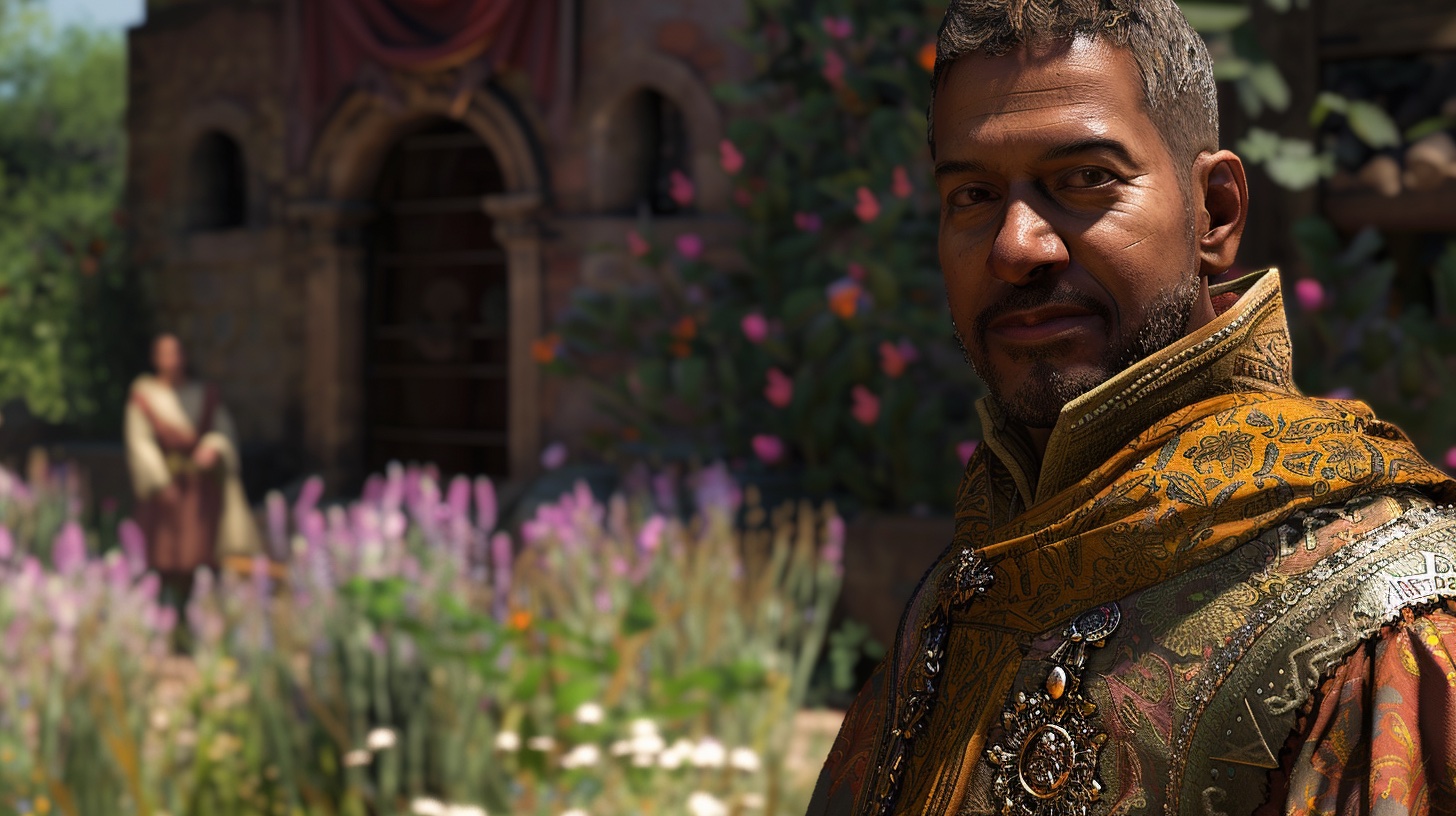

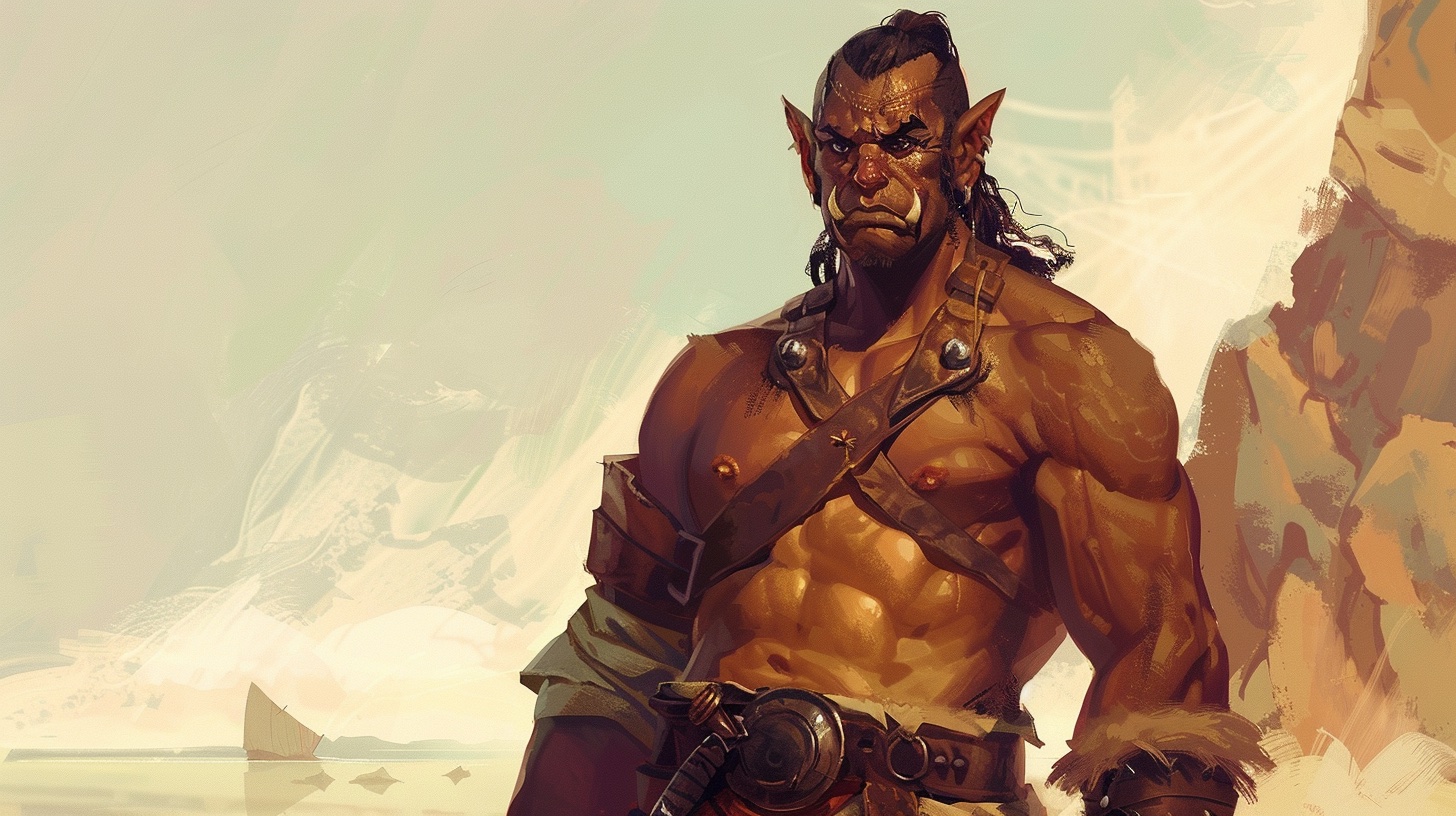

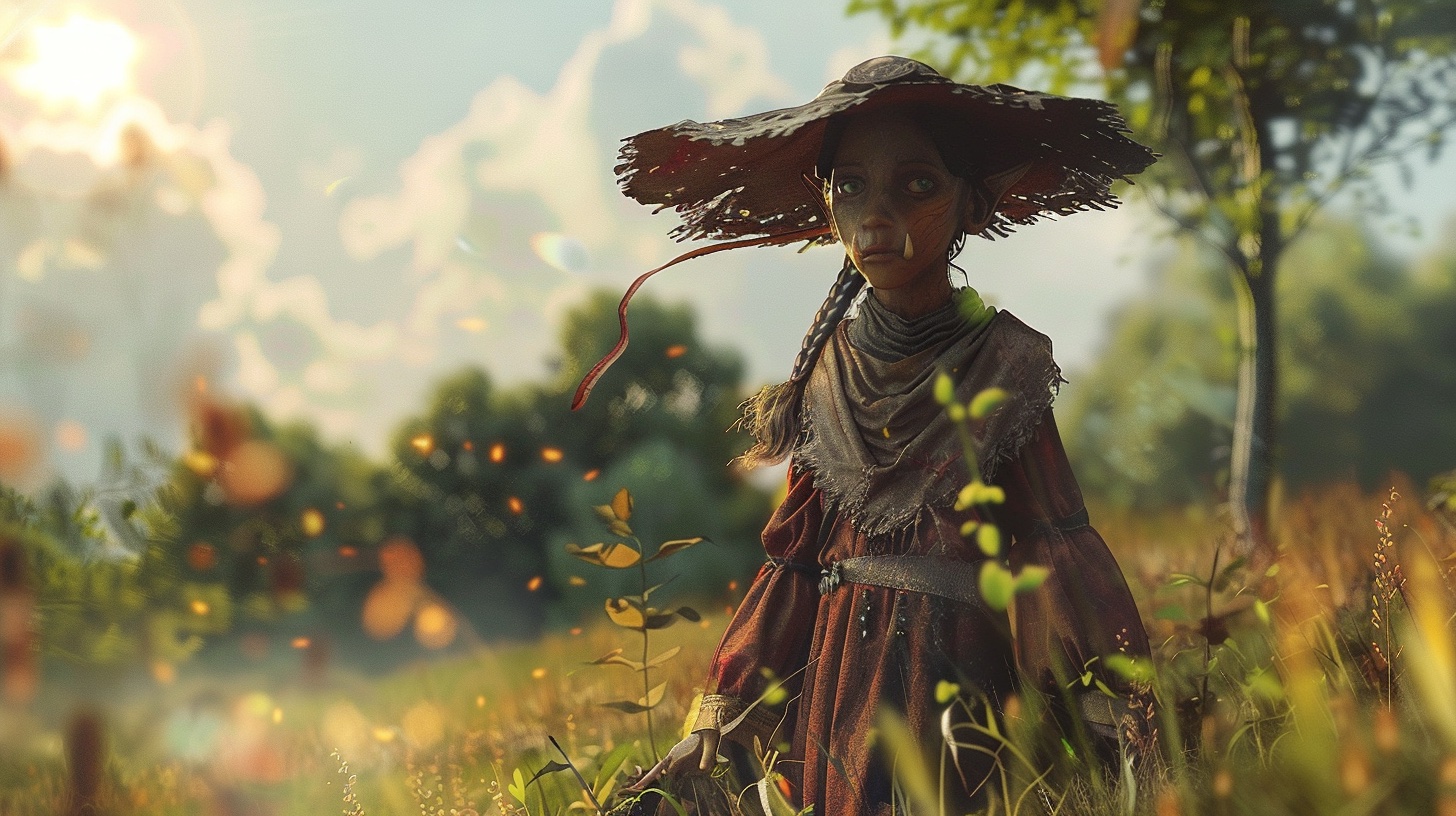
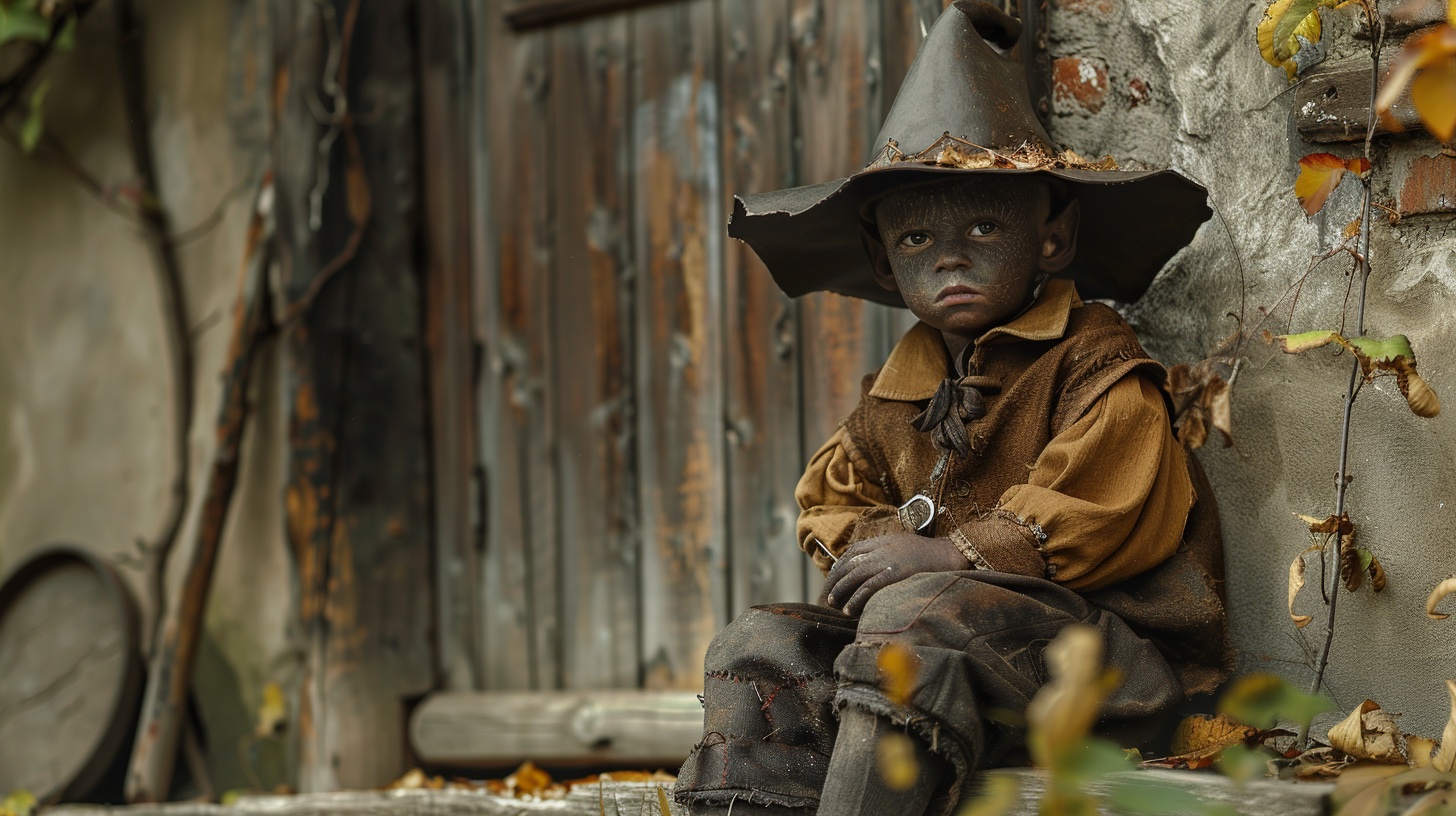


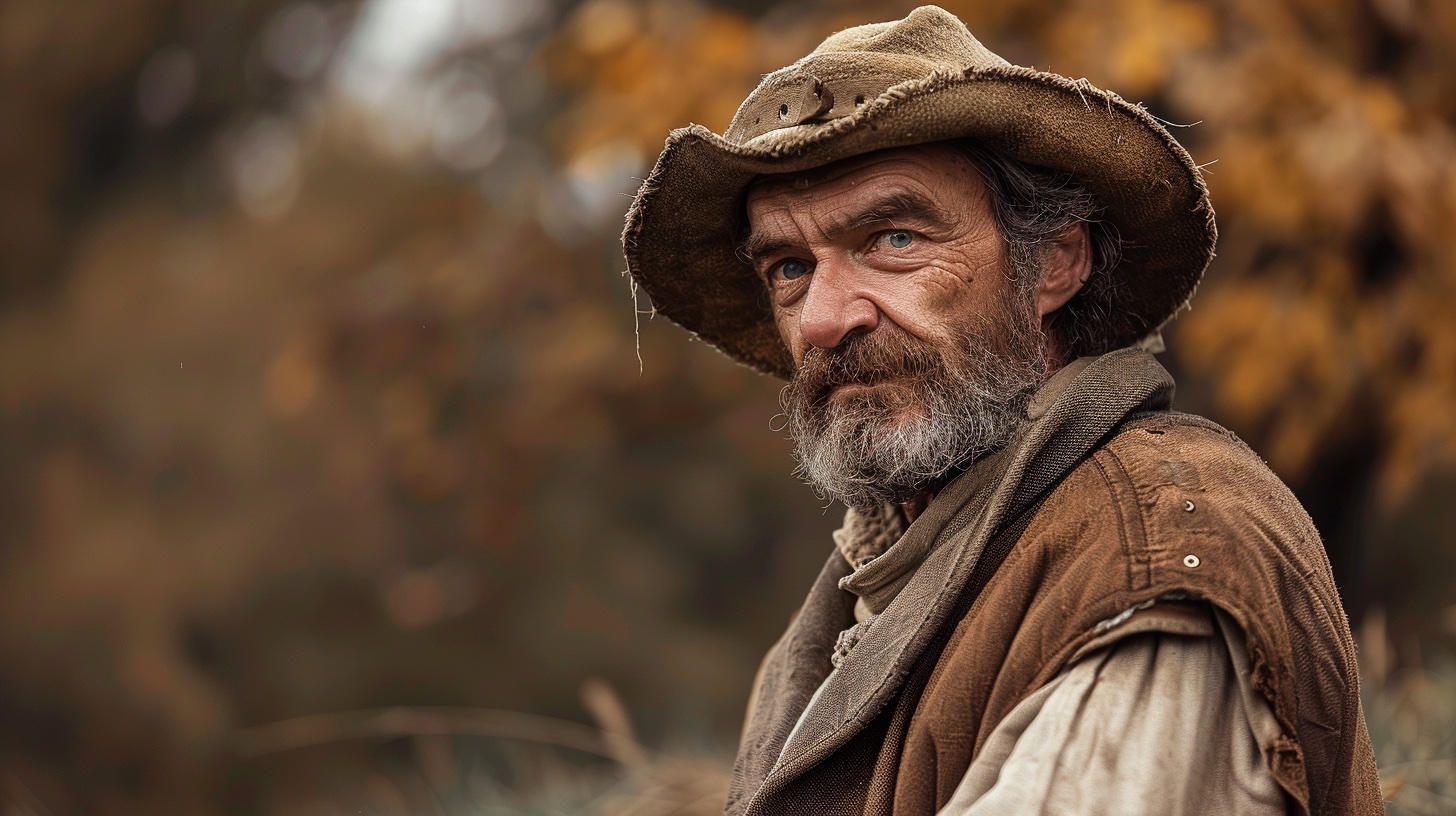
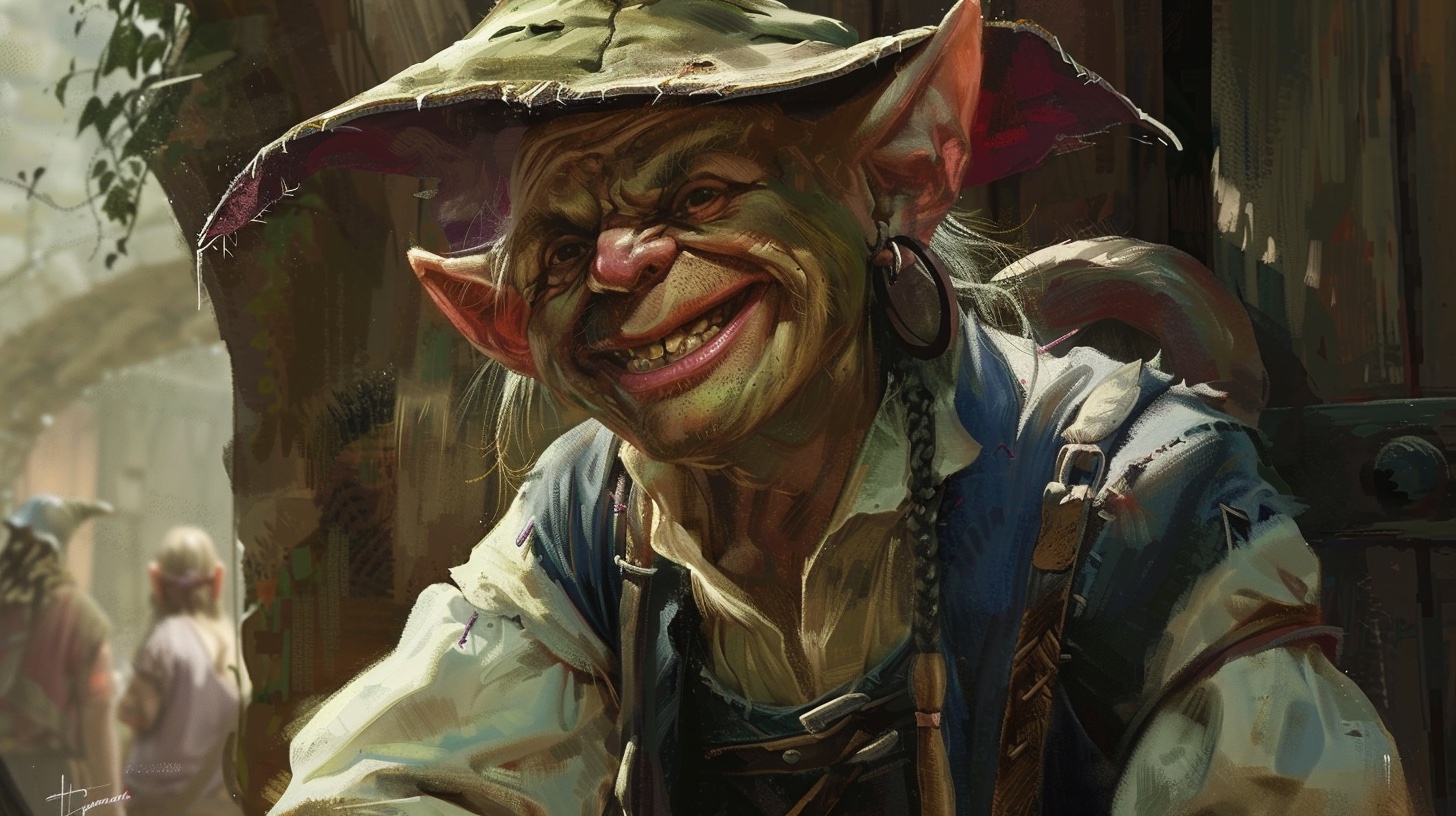
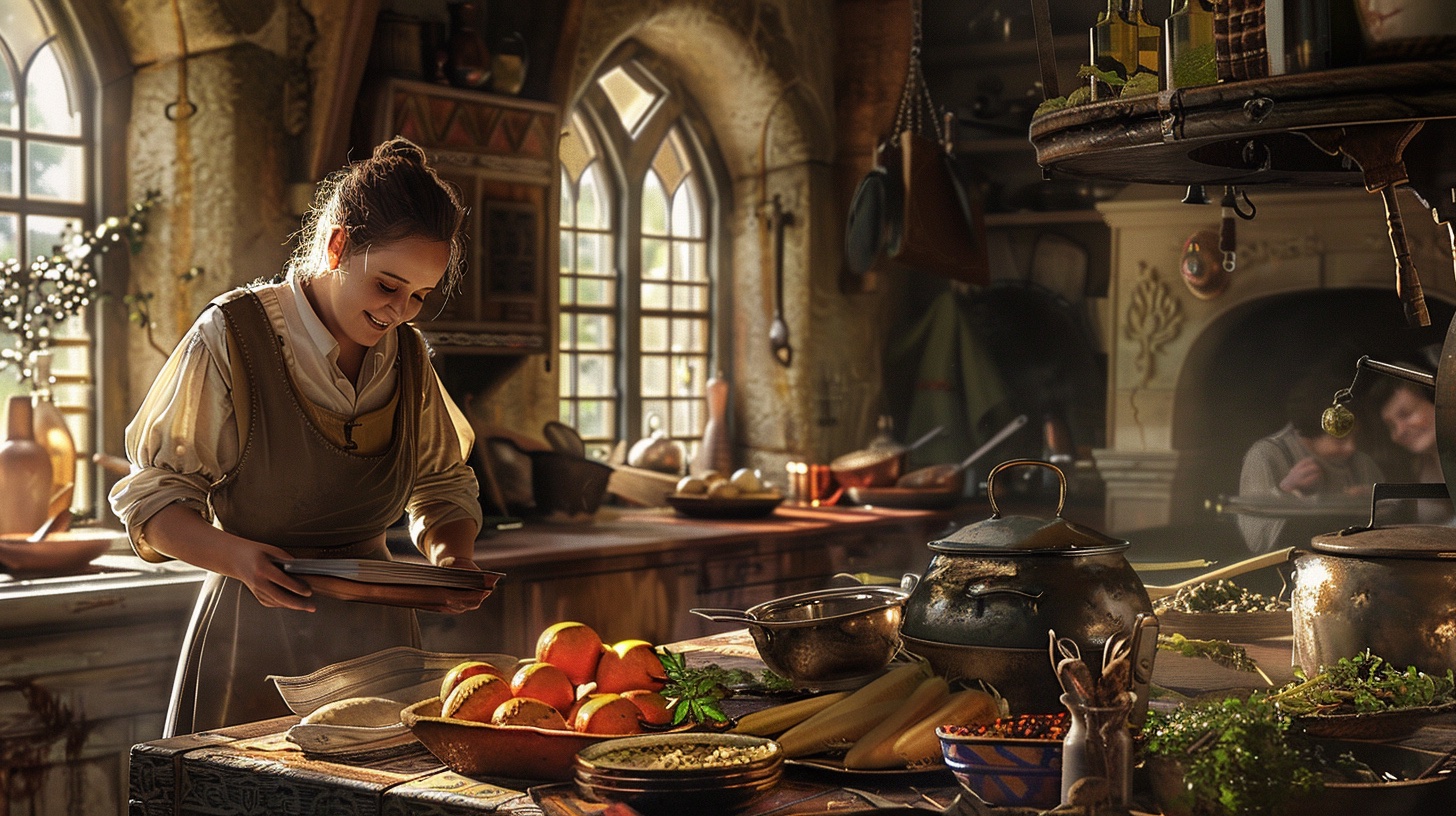
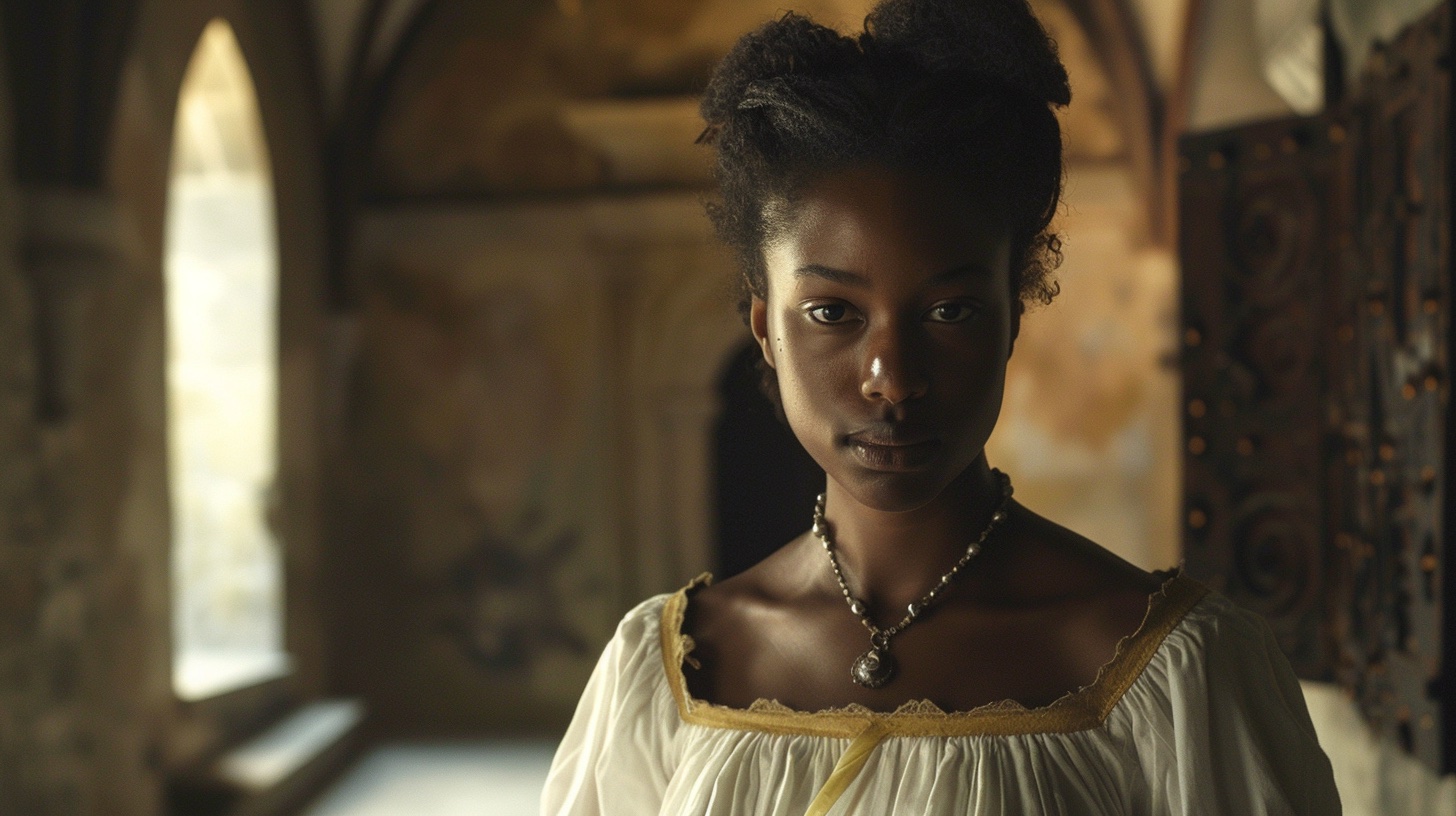

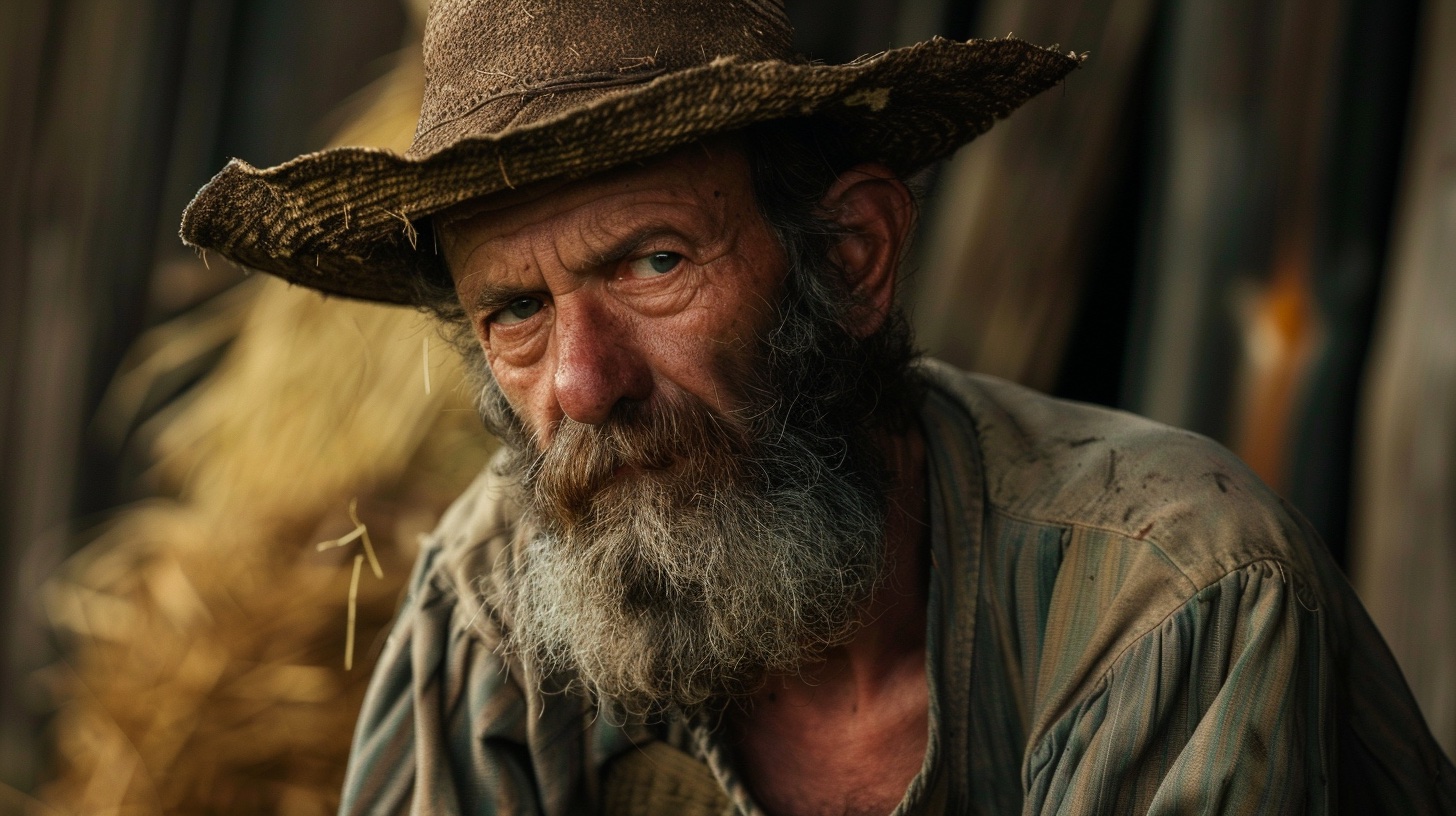









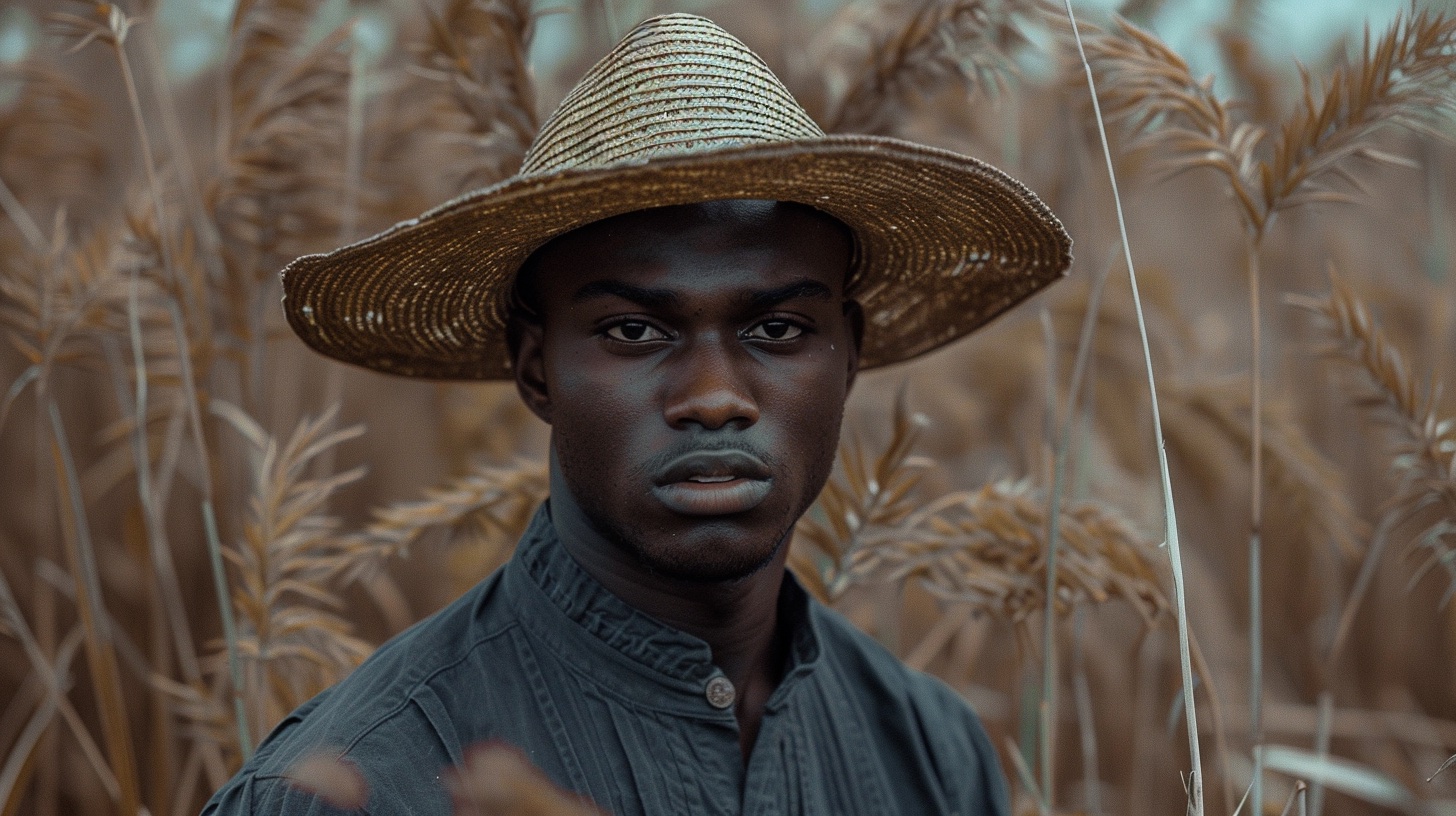
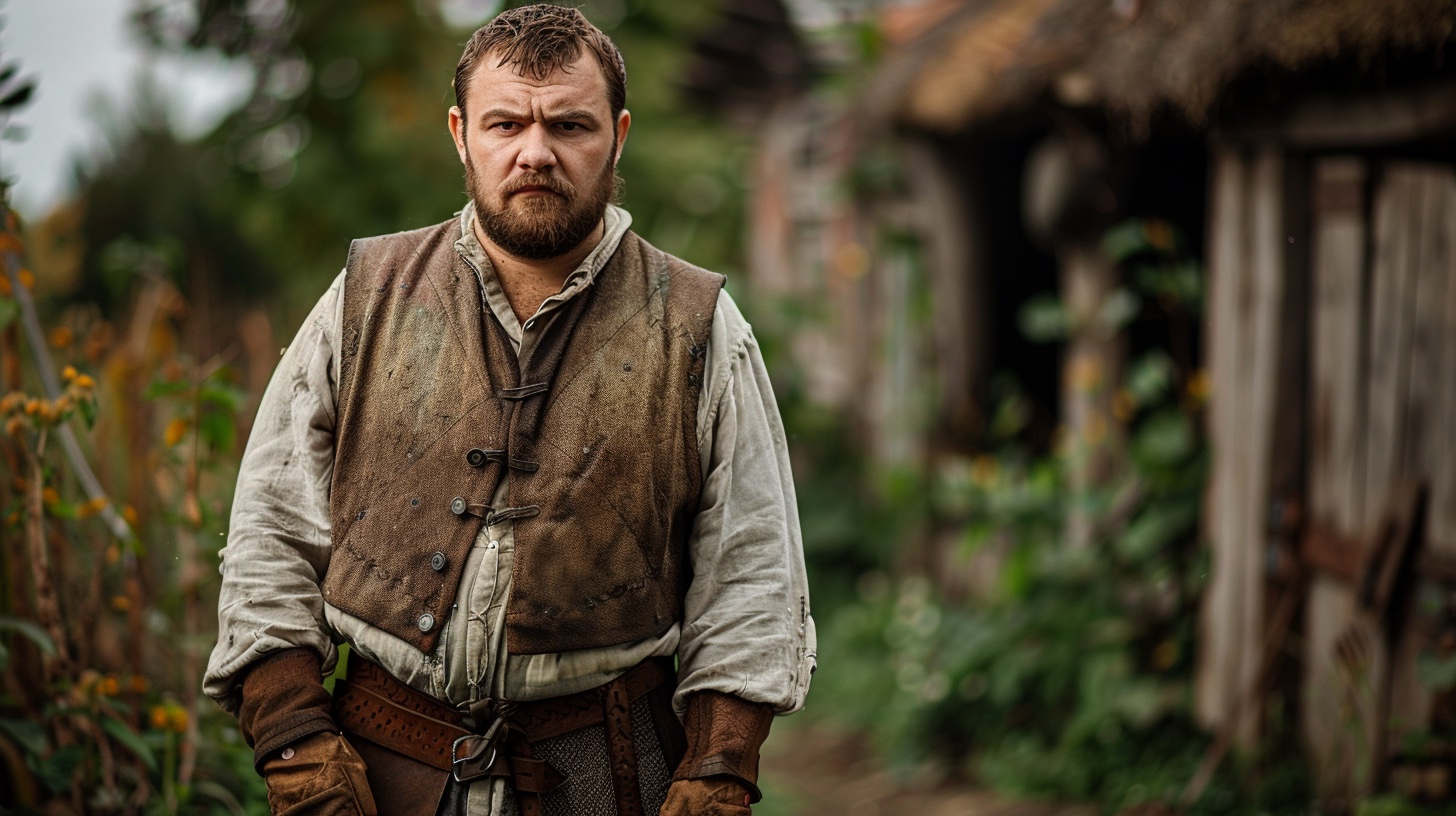
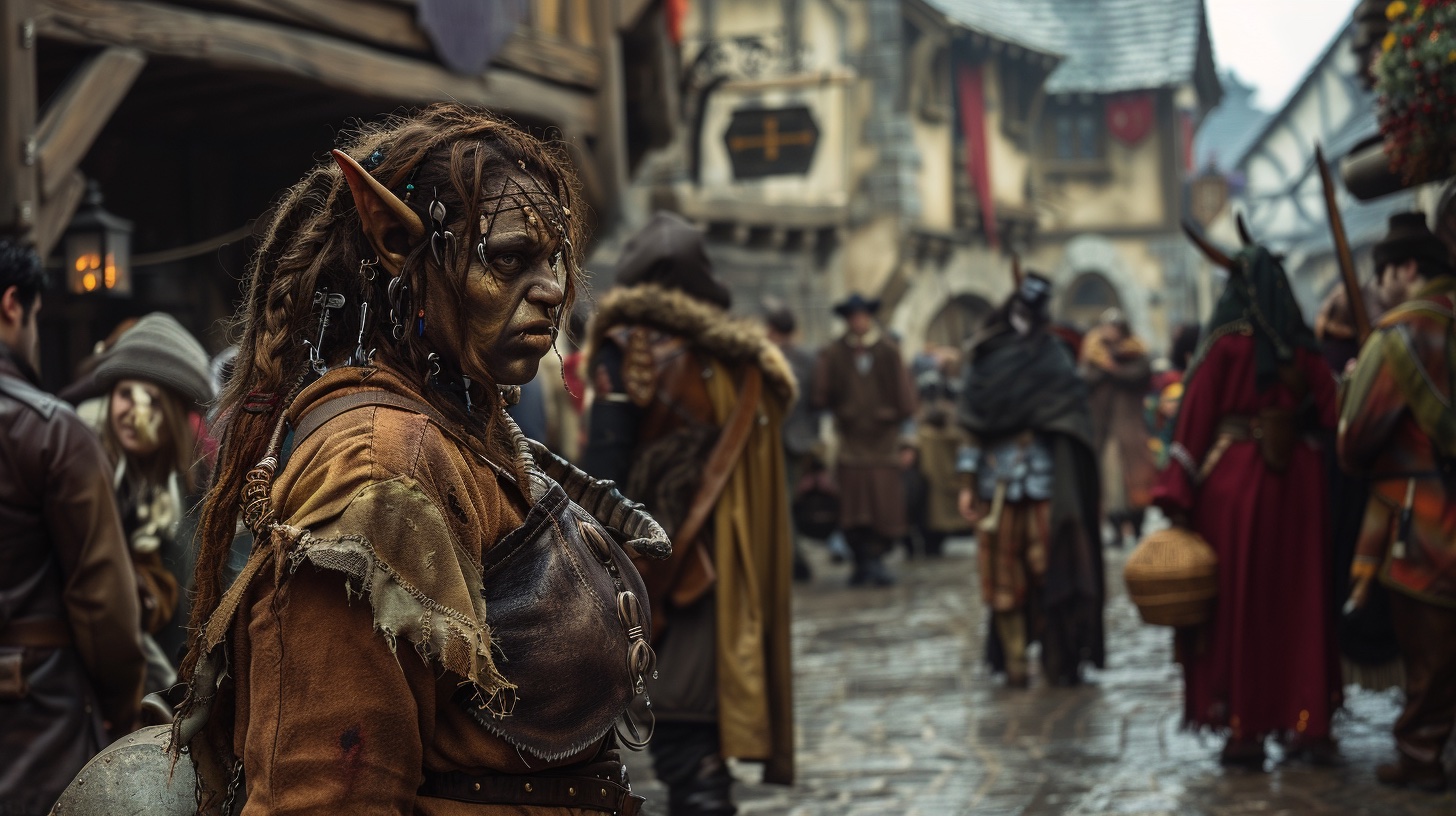
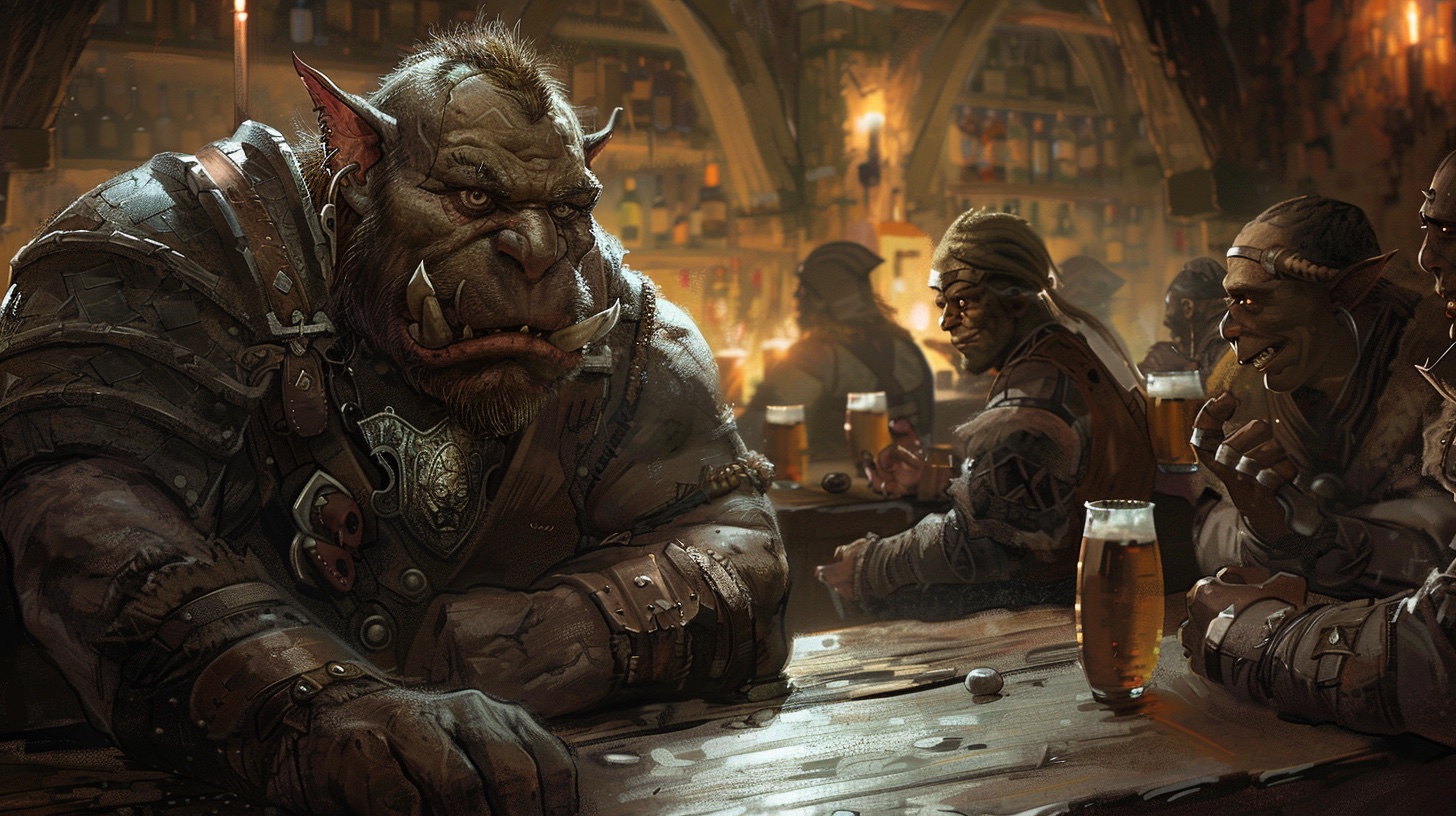
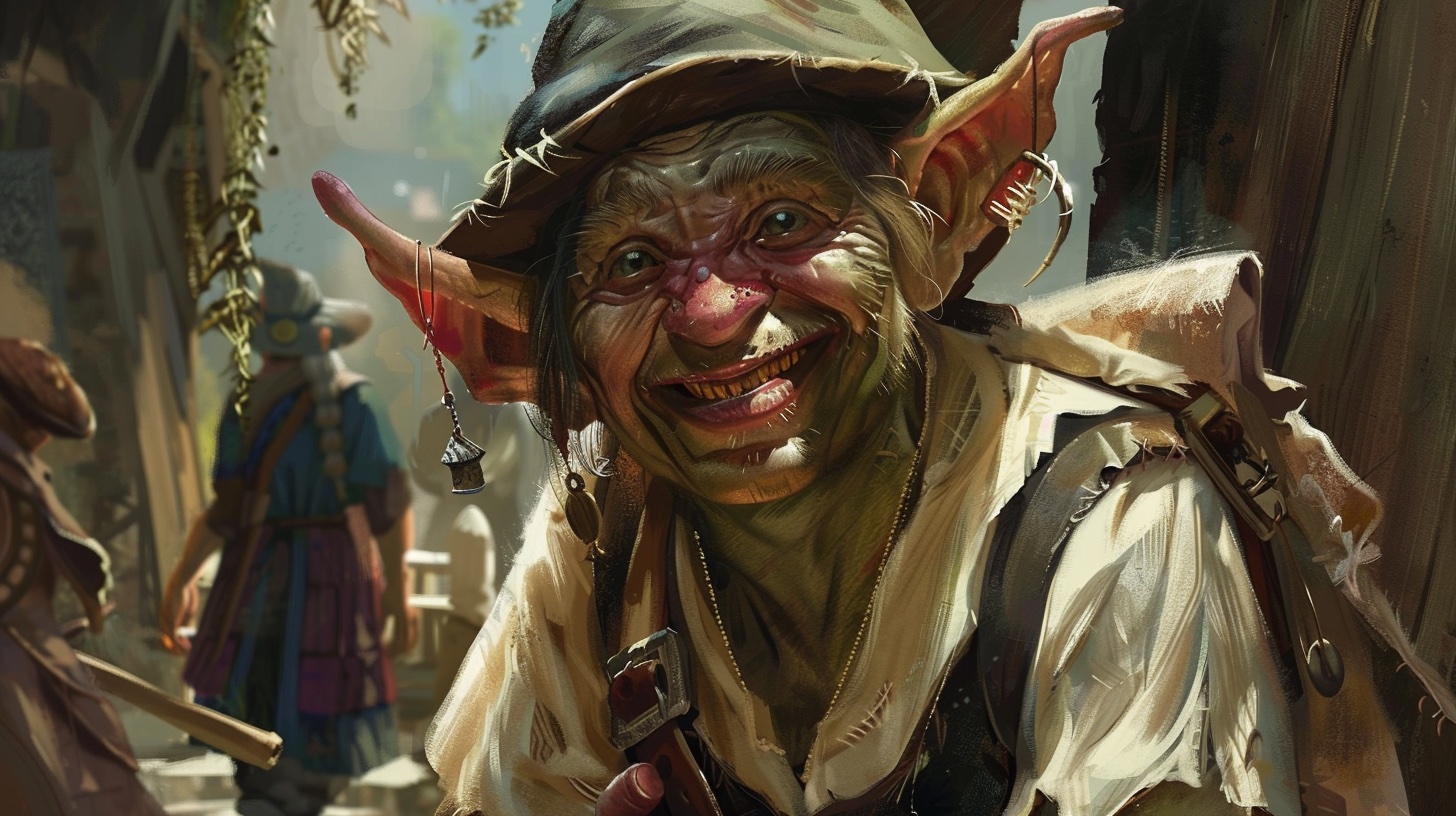
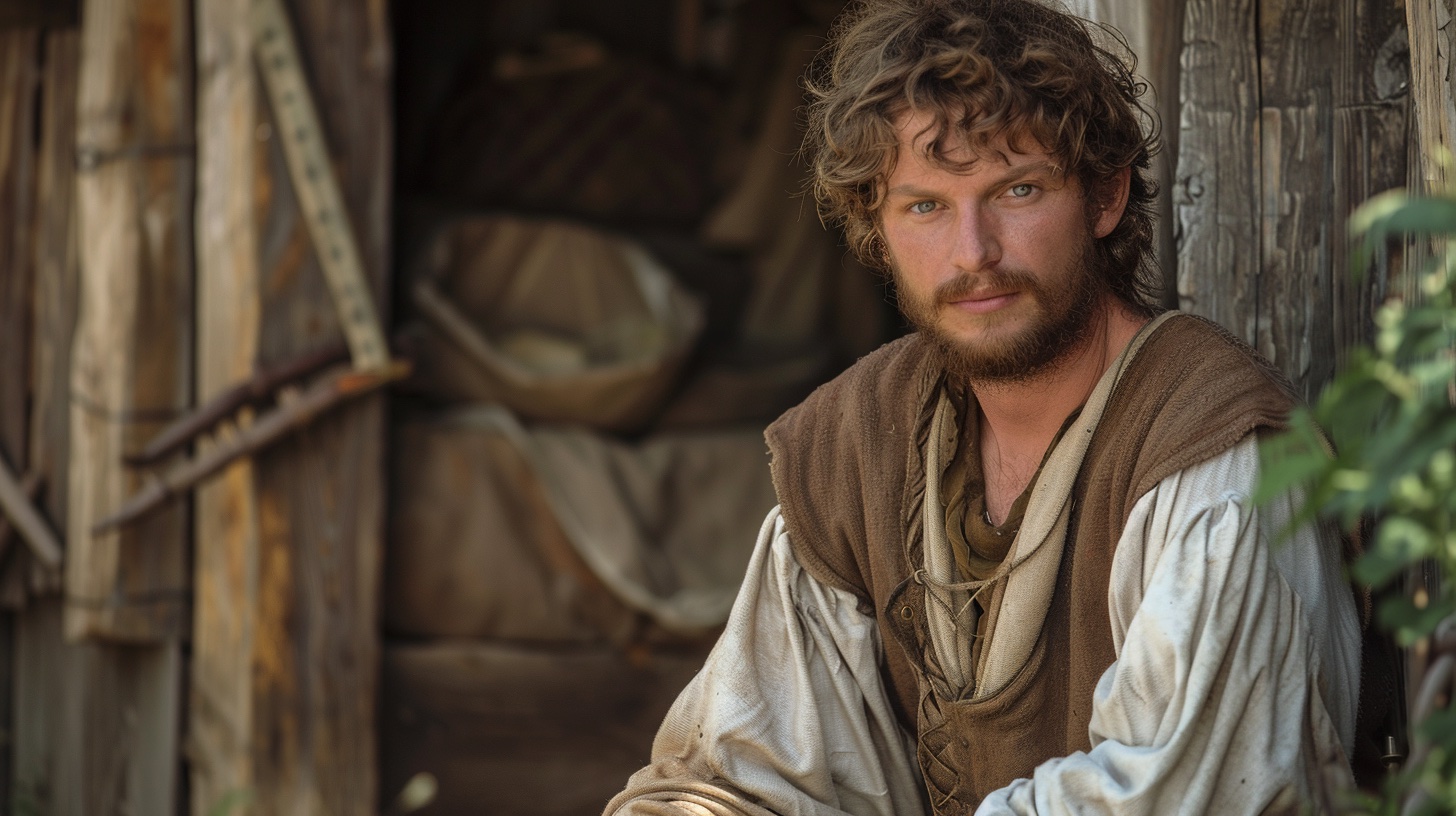
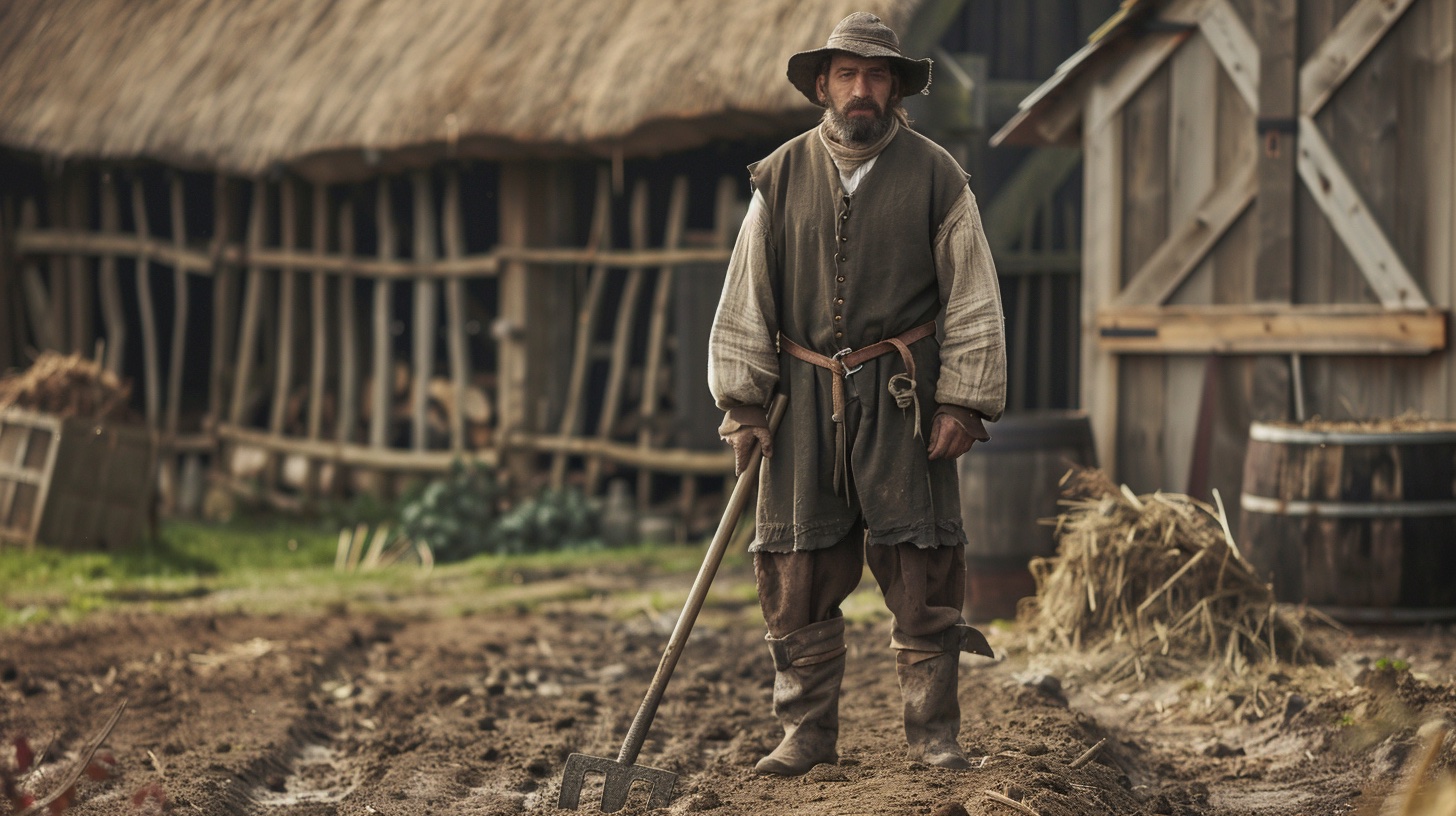
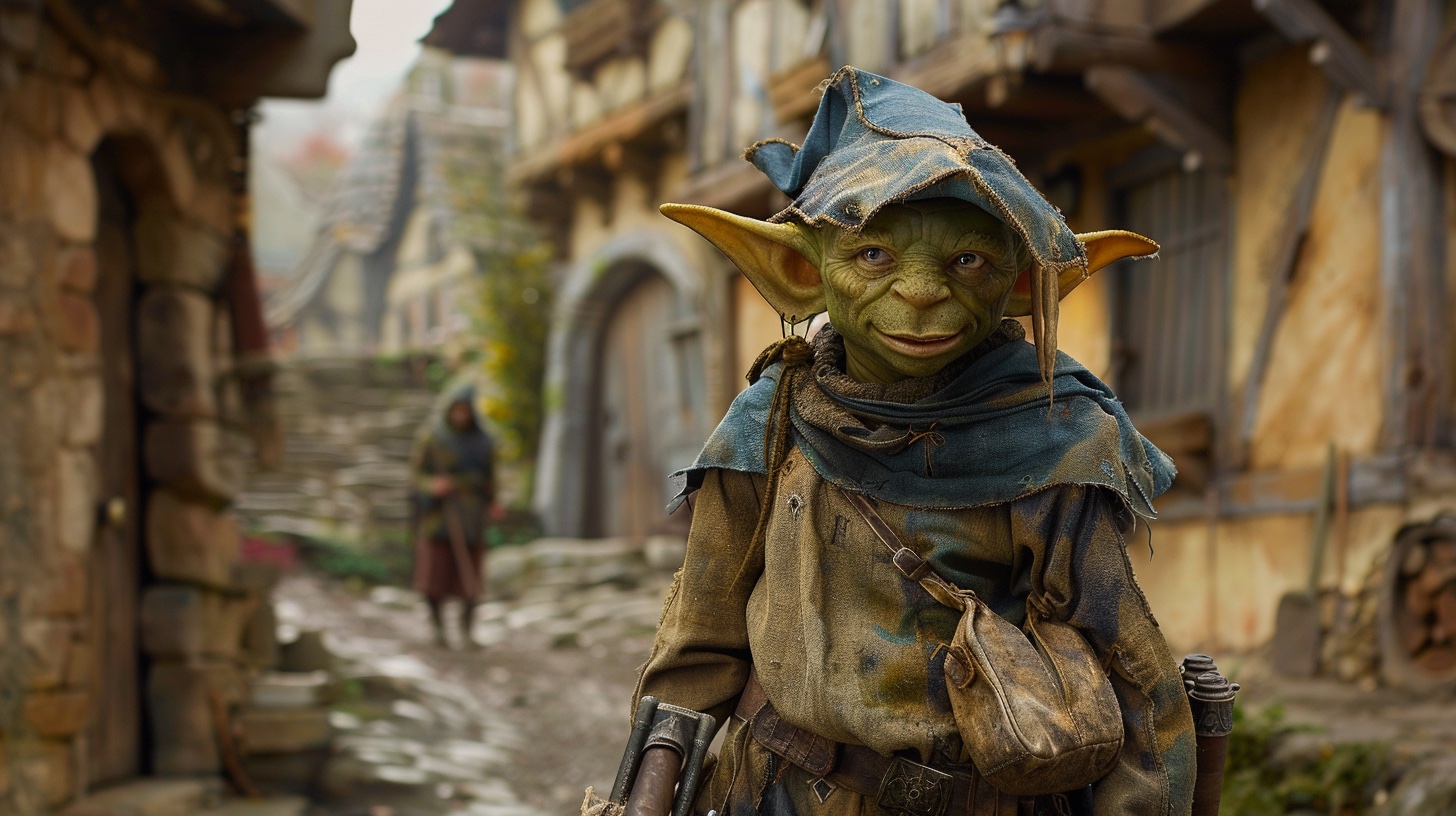
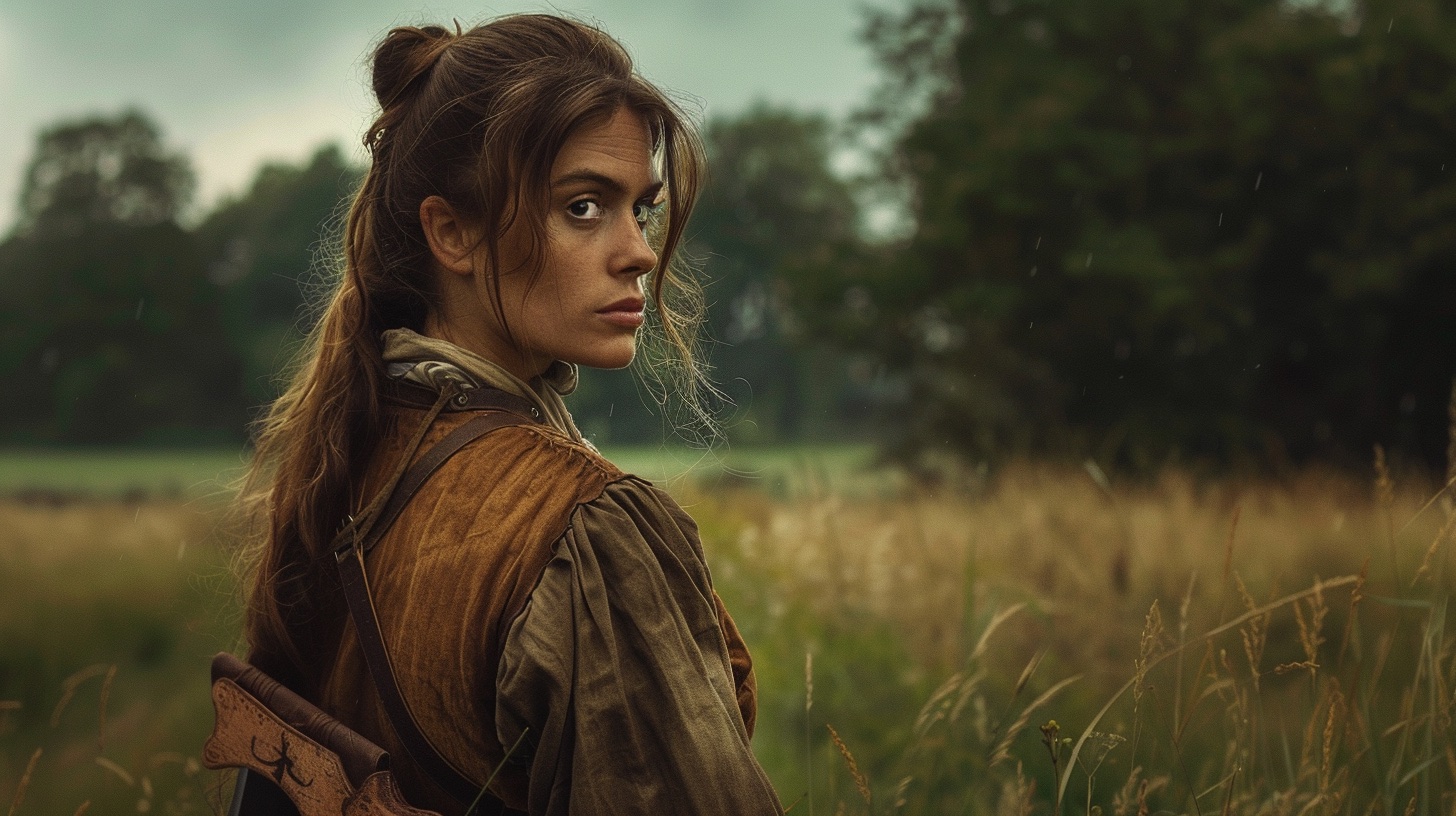
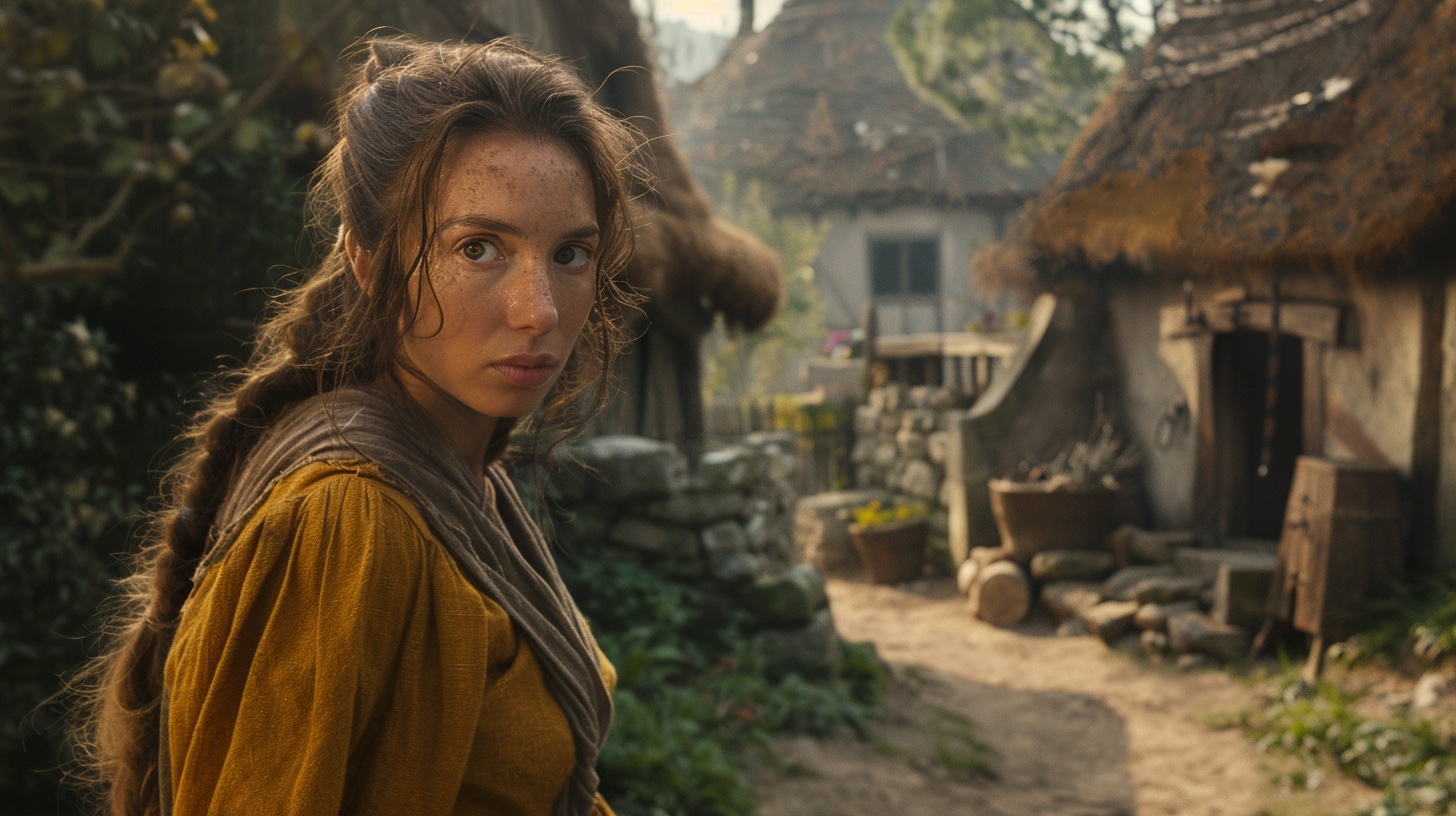
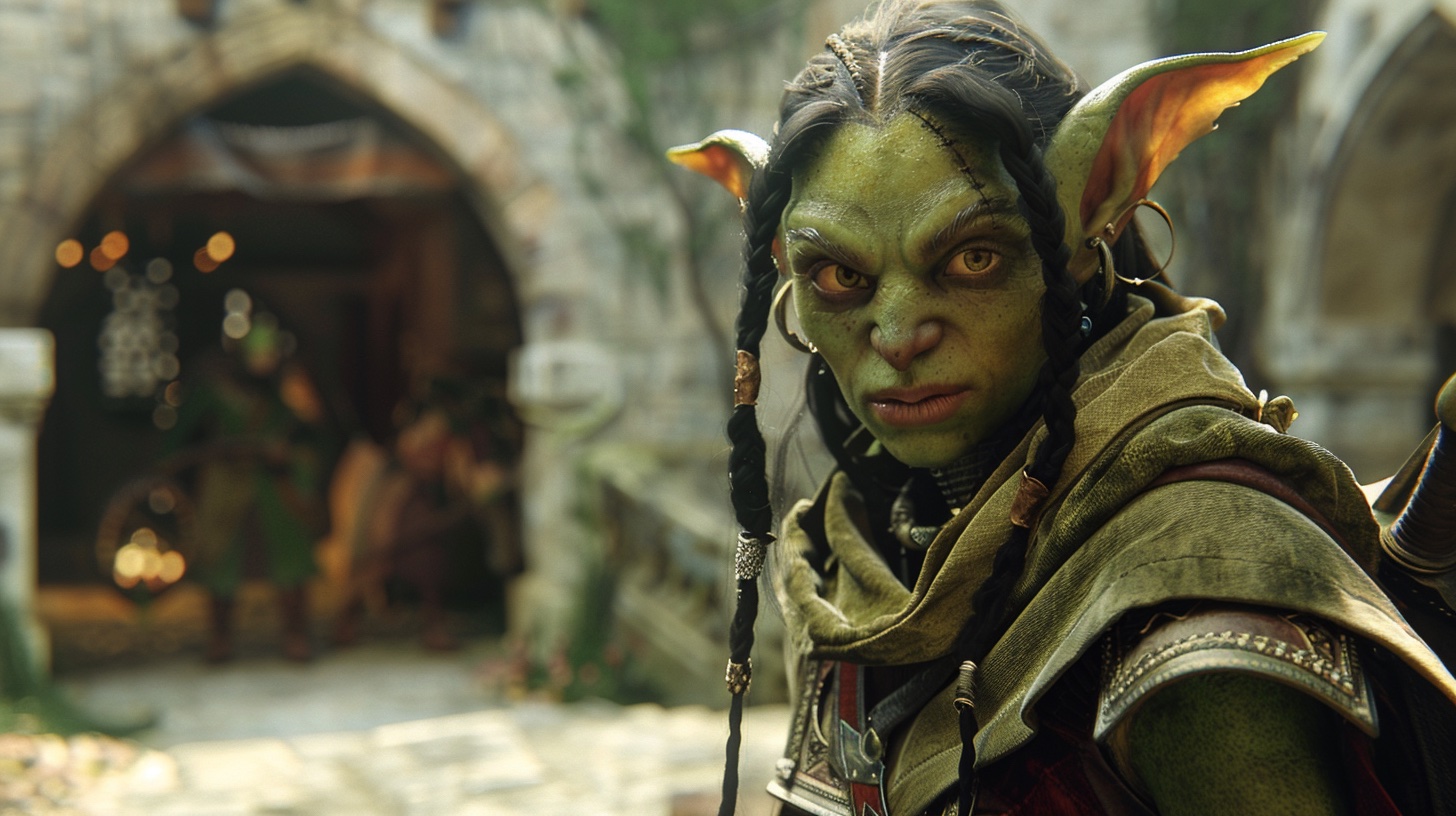
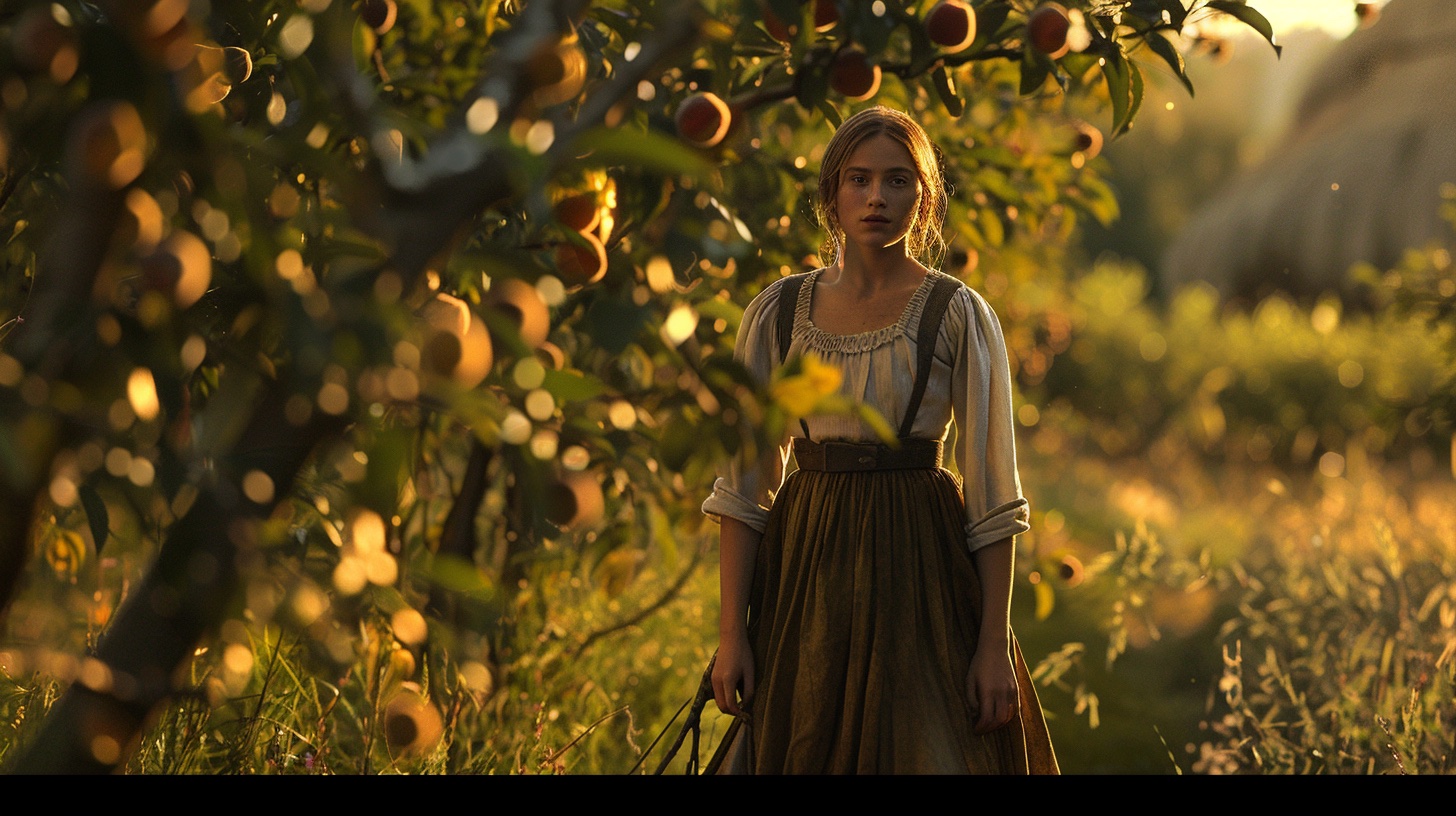

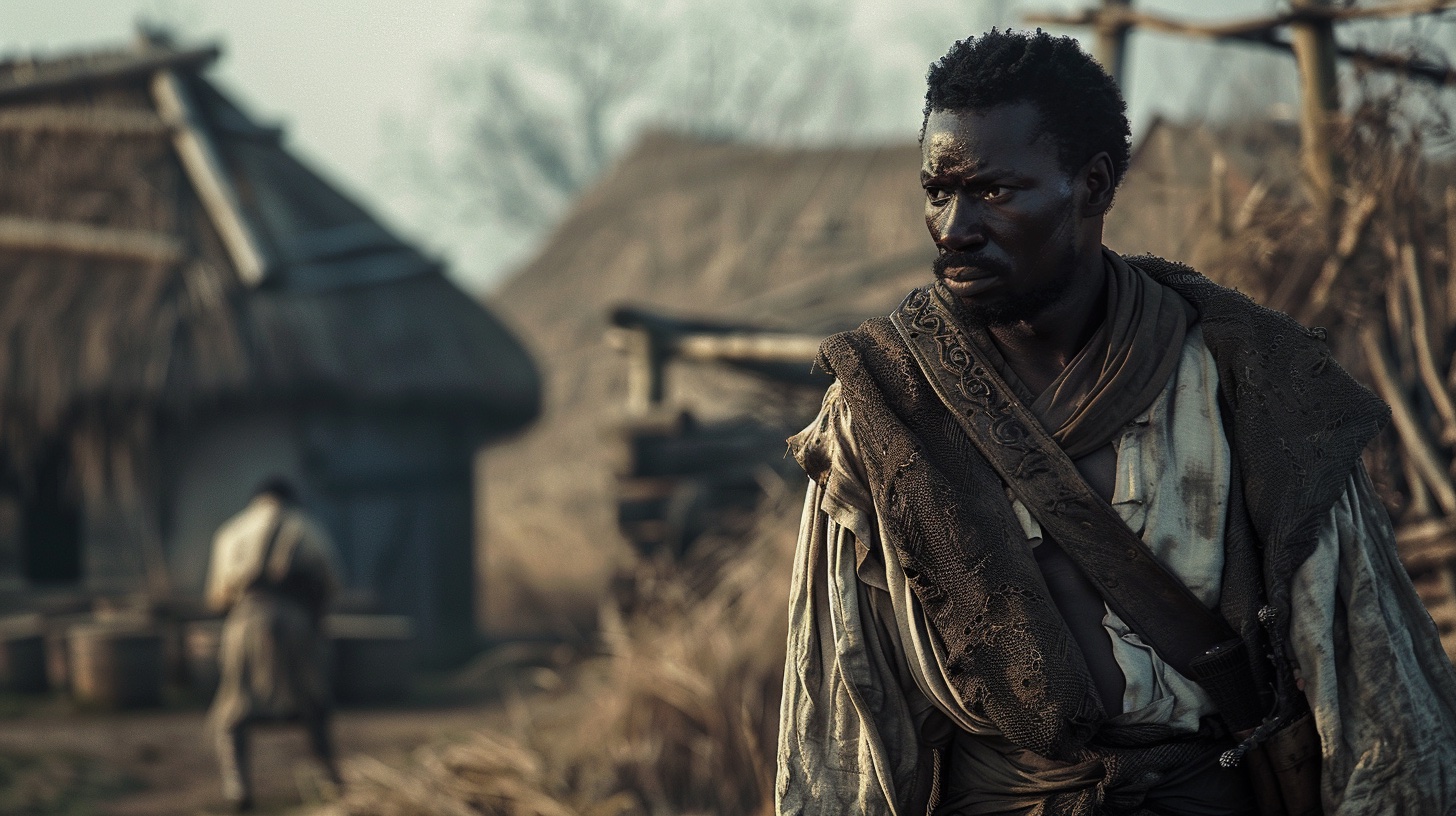
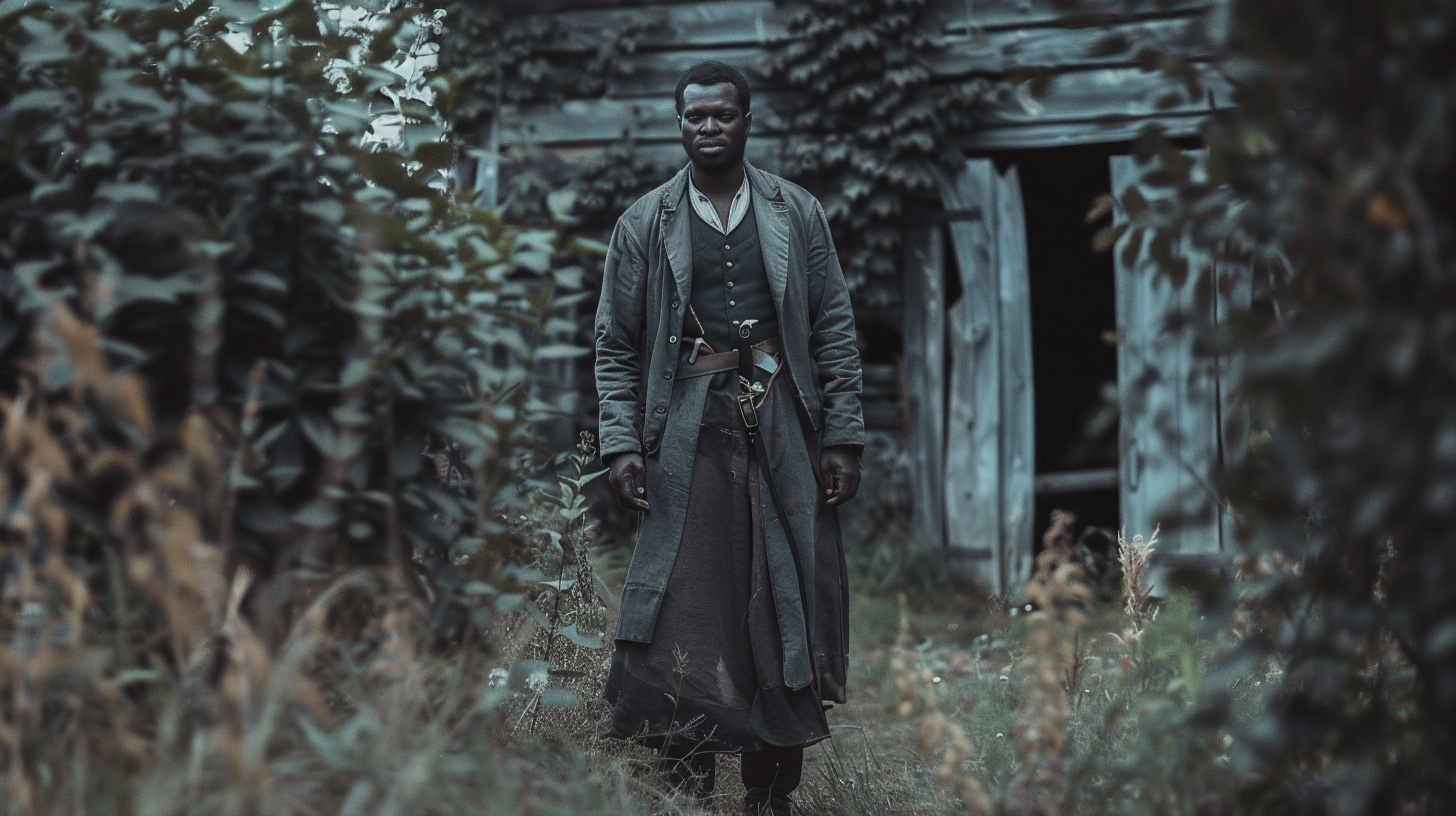
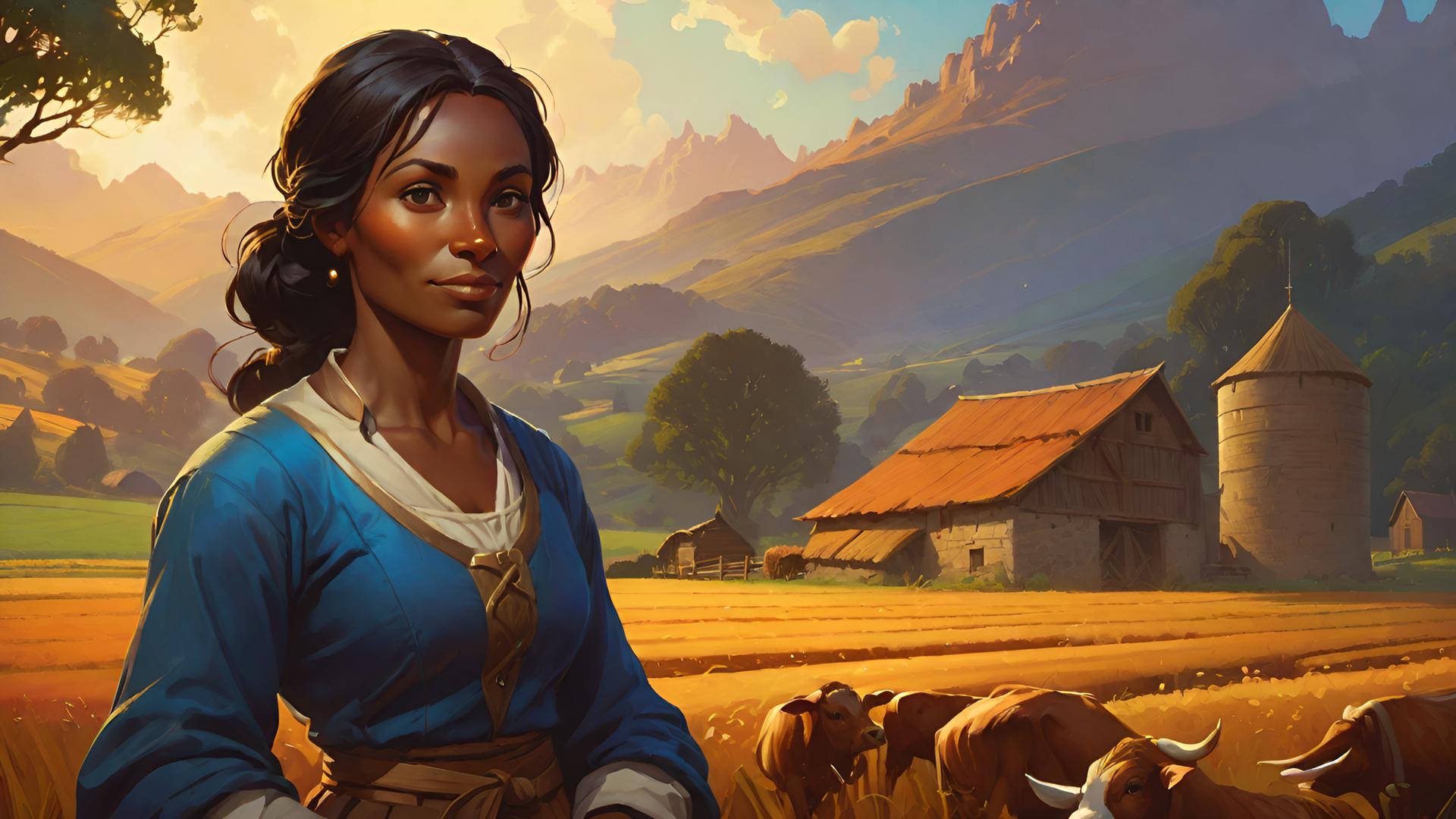
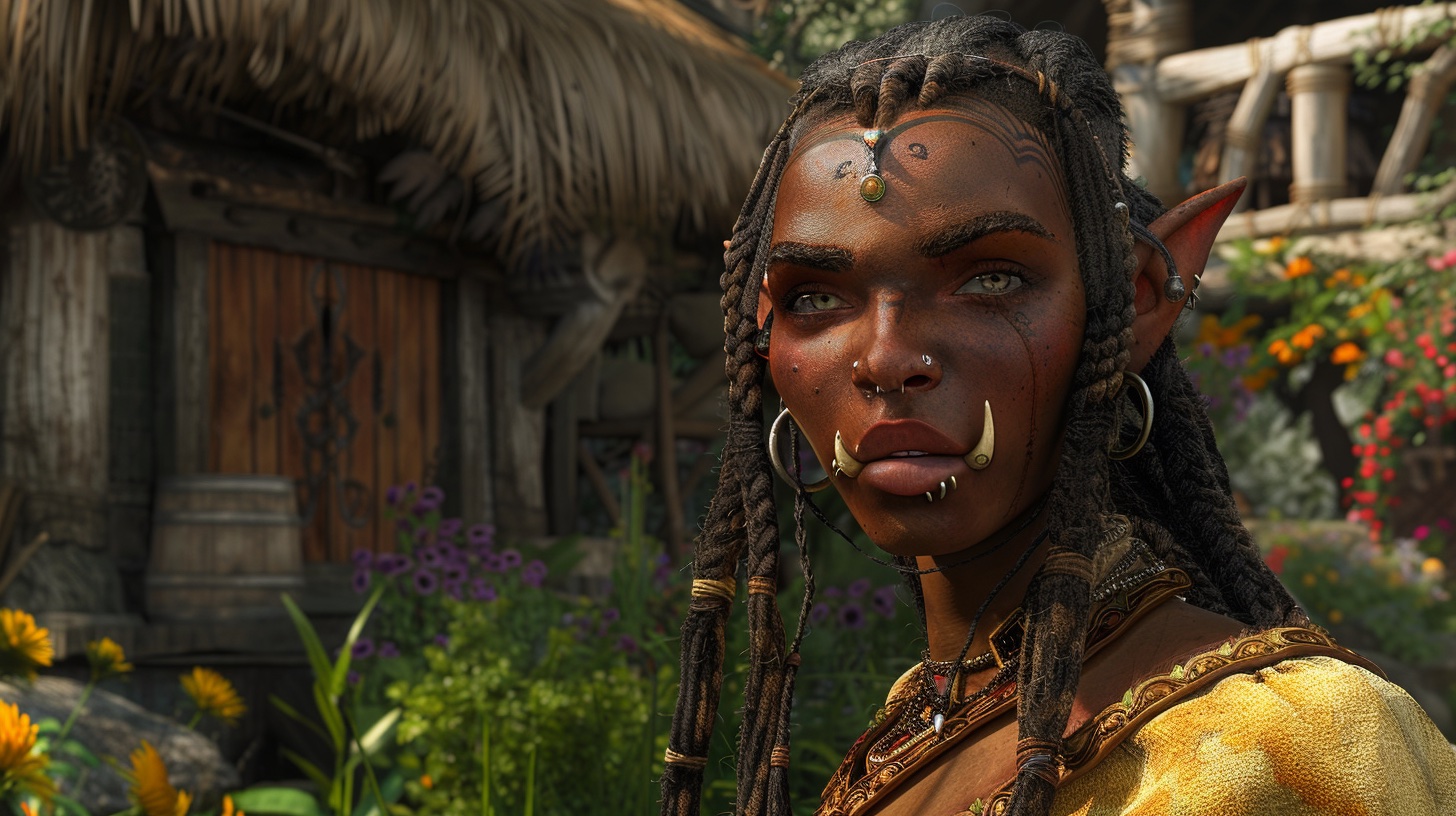

Comments